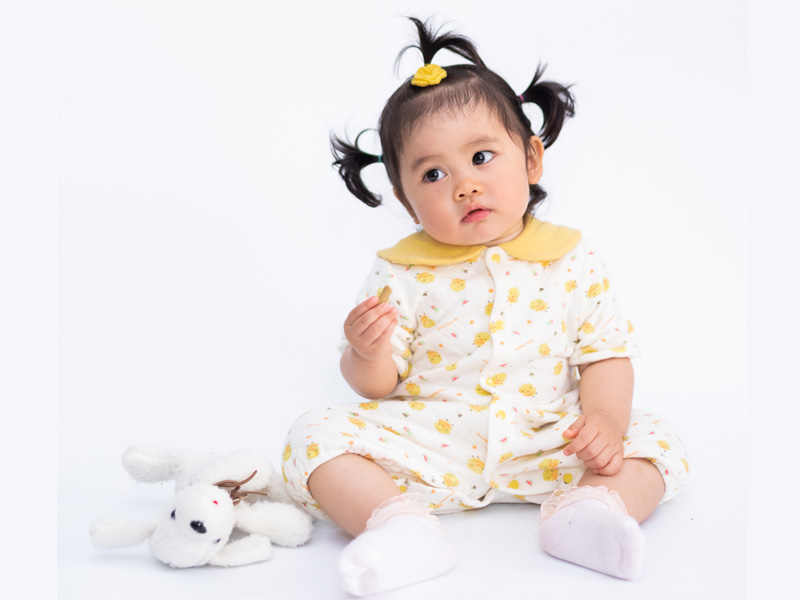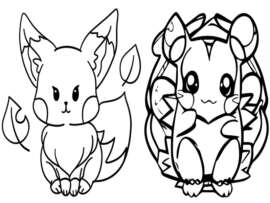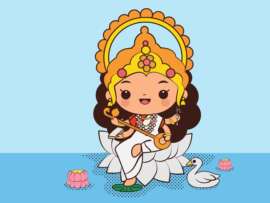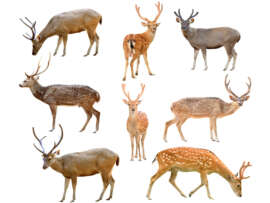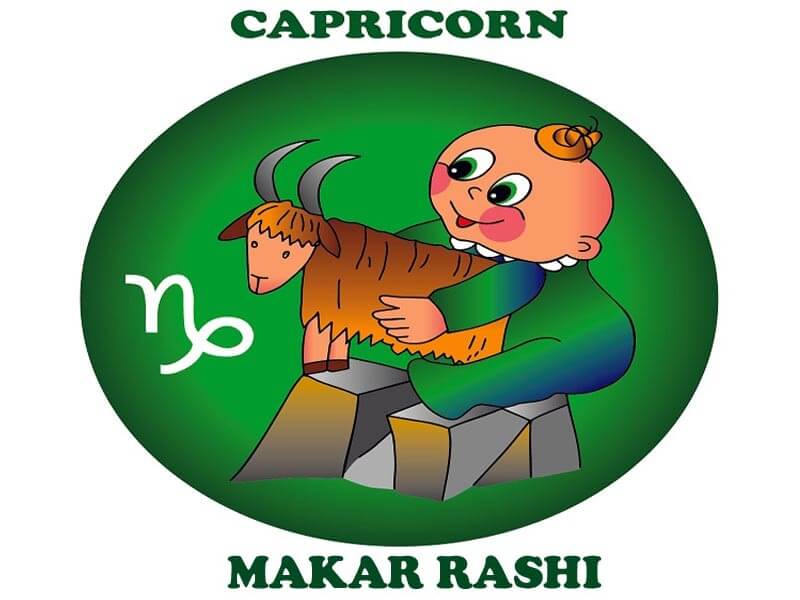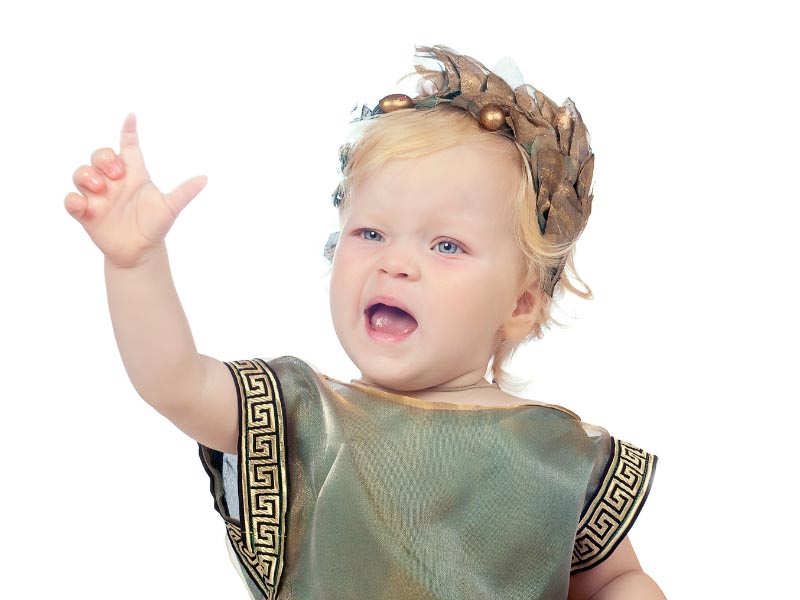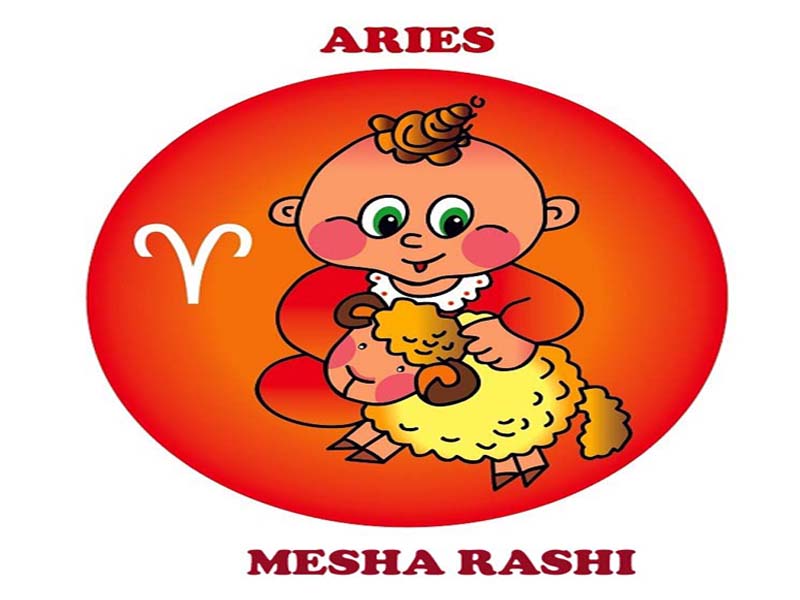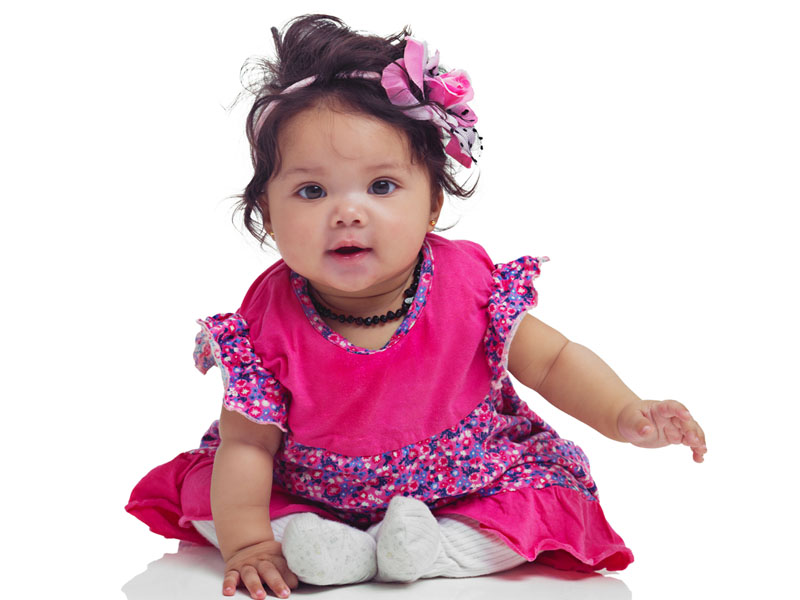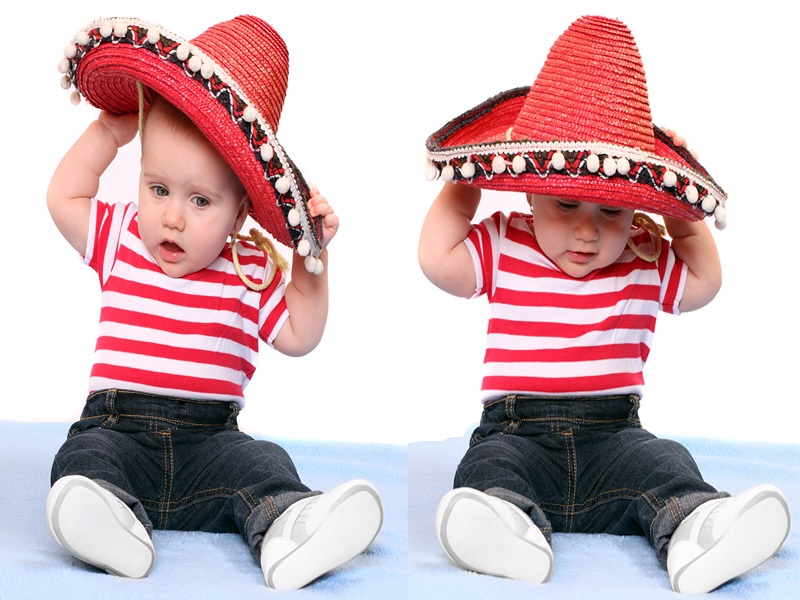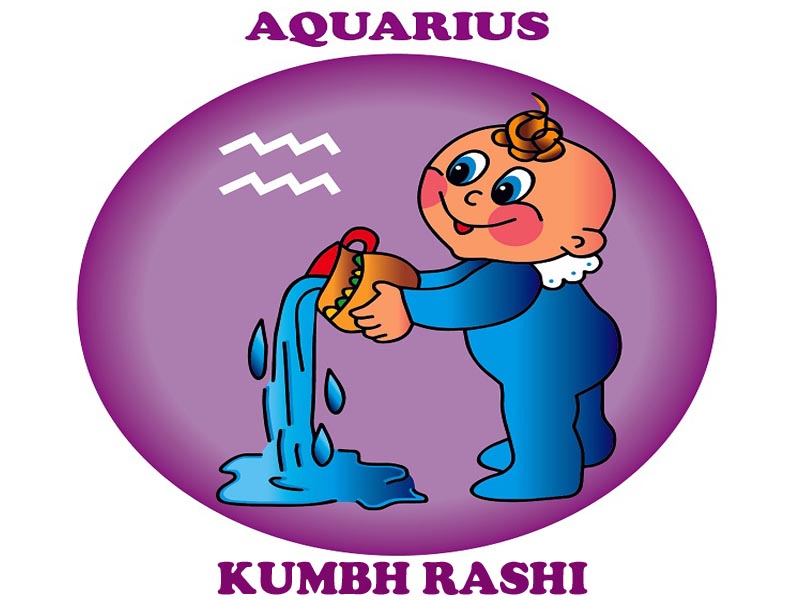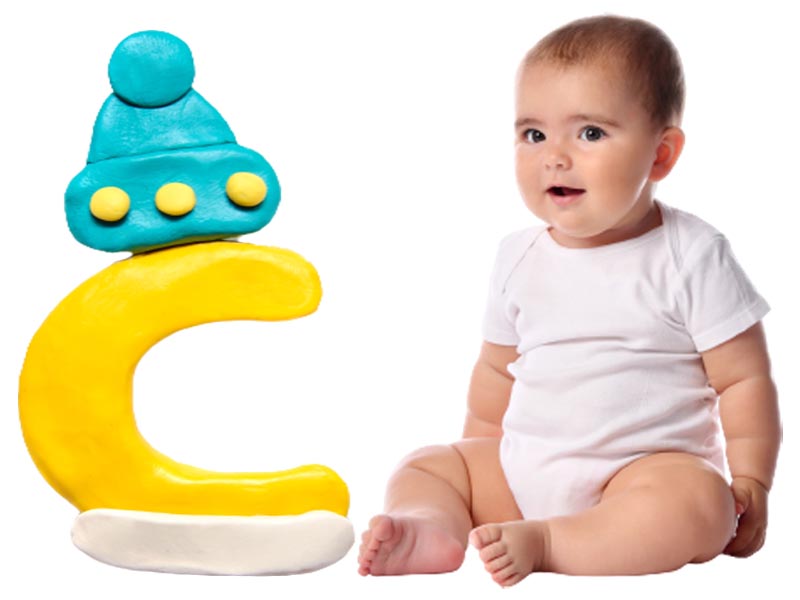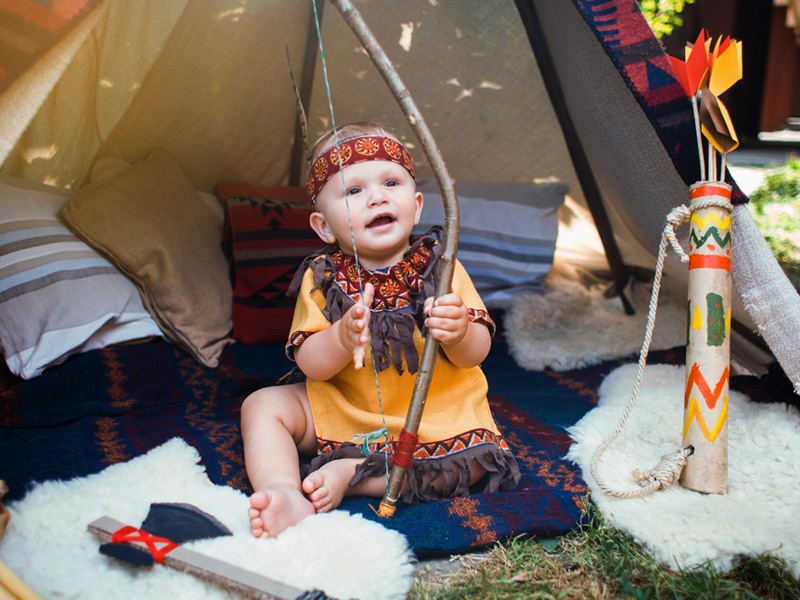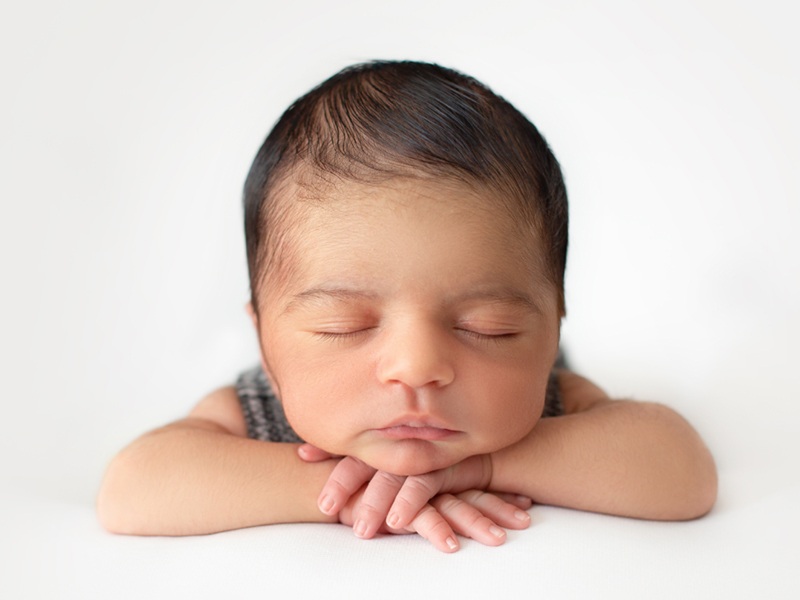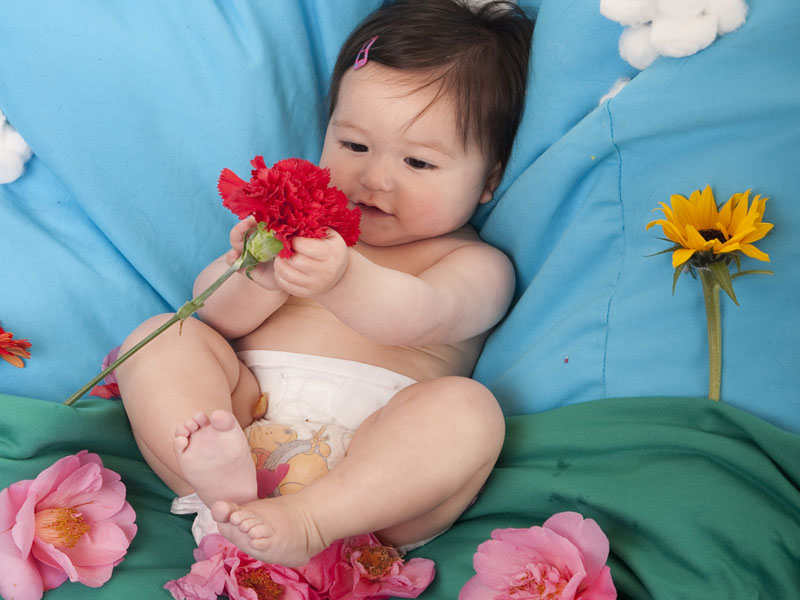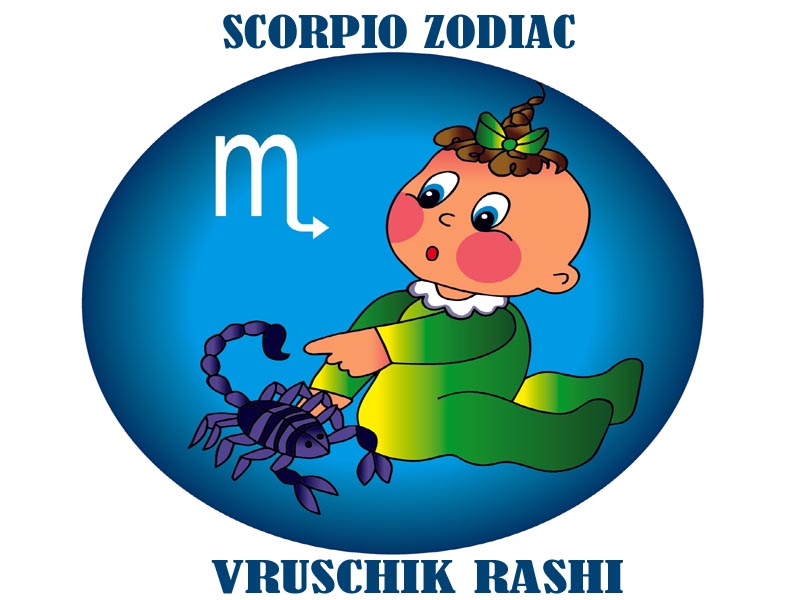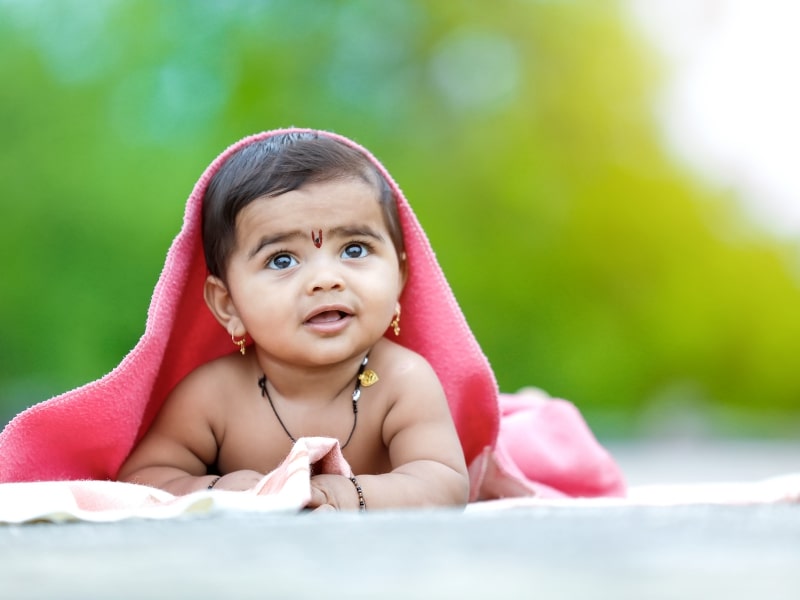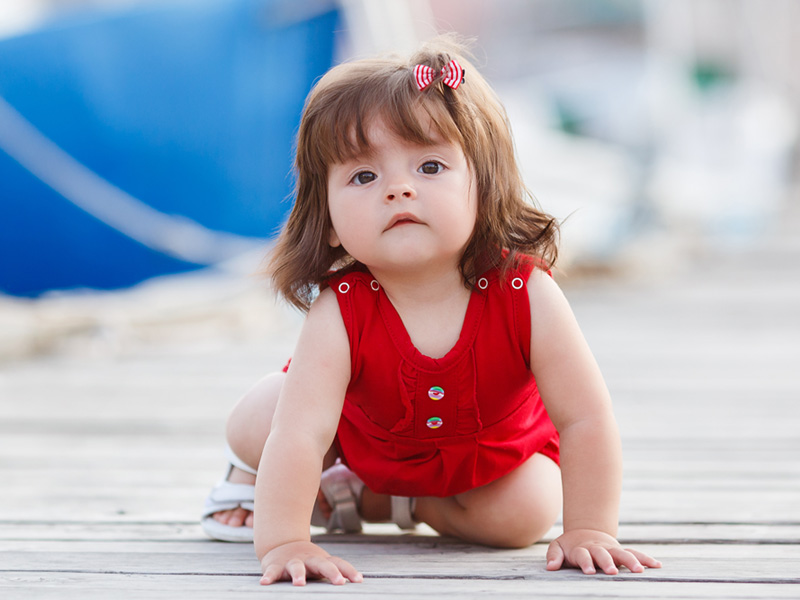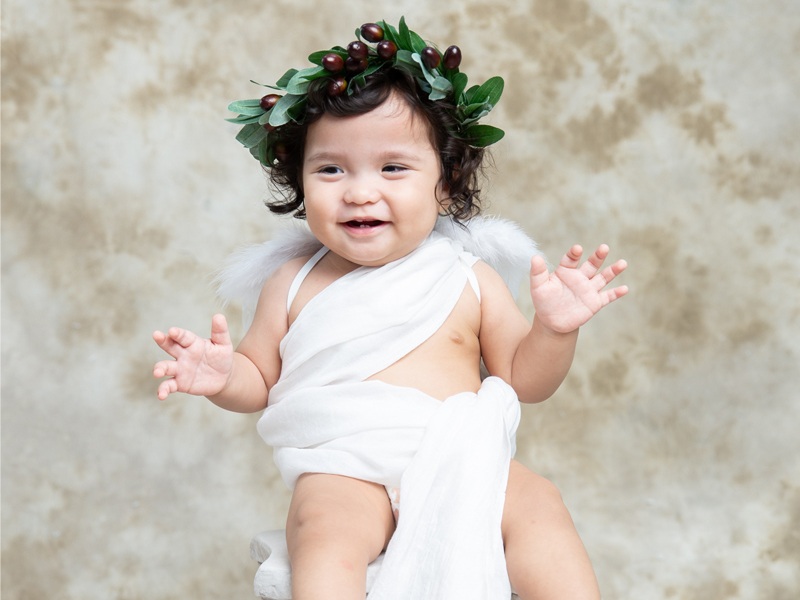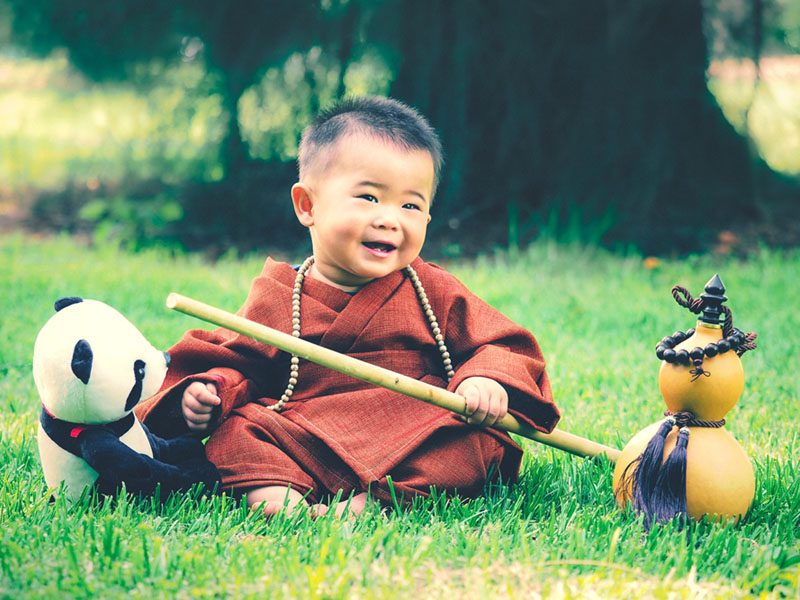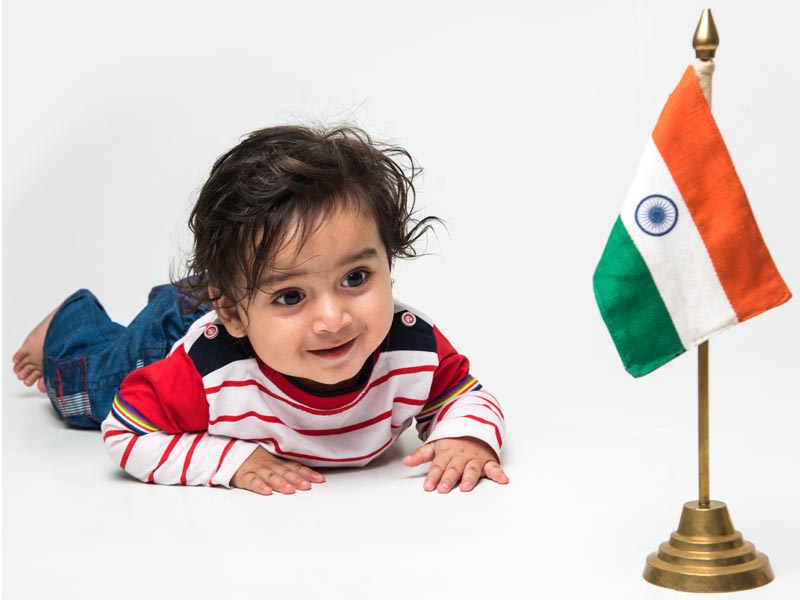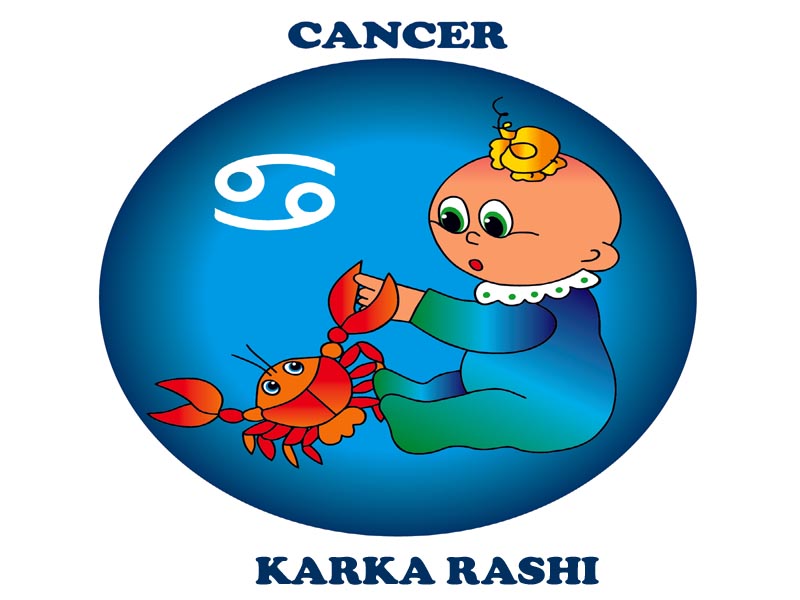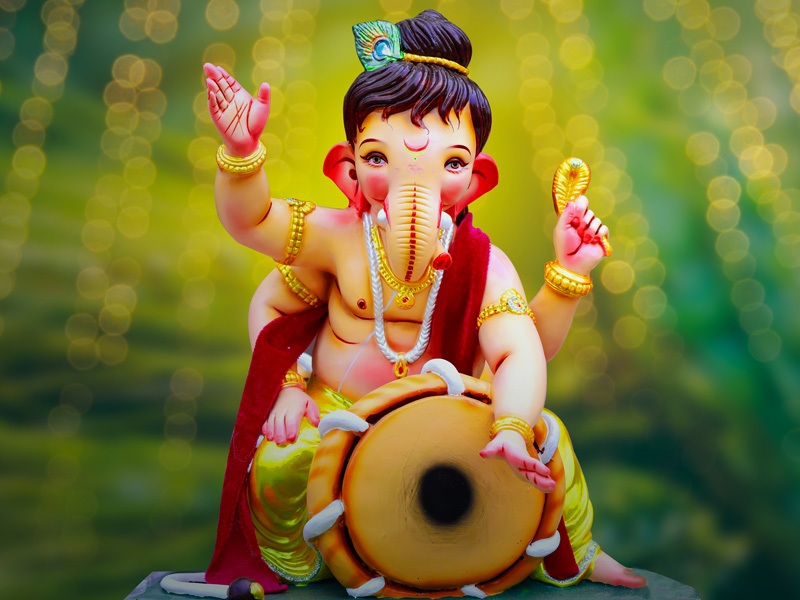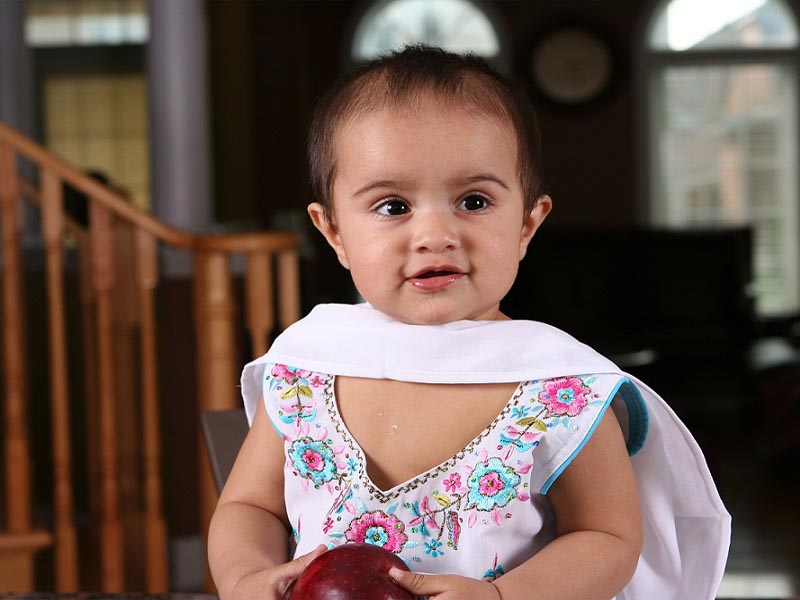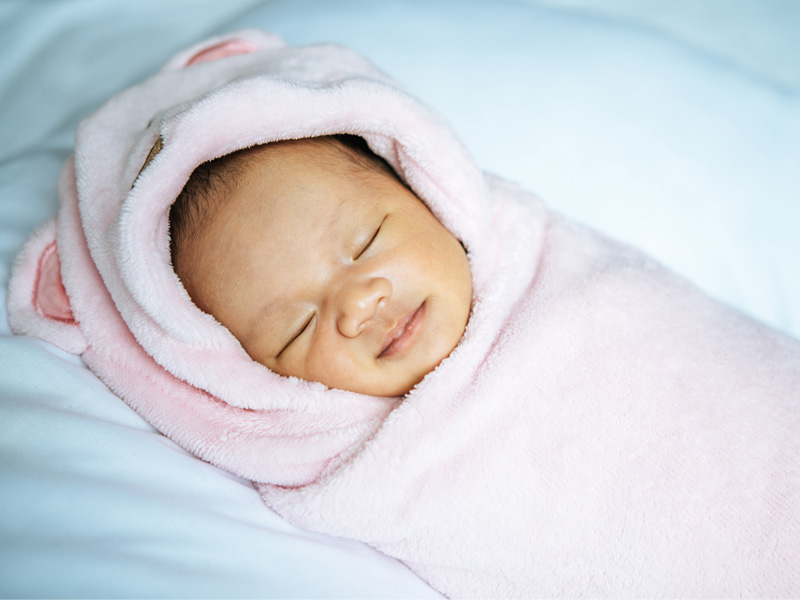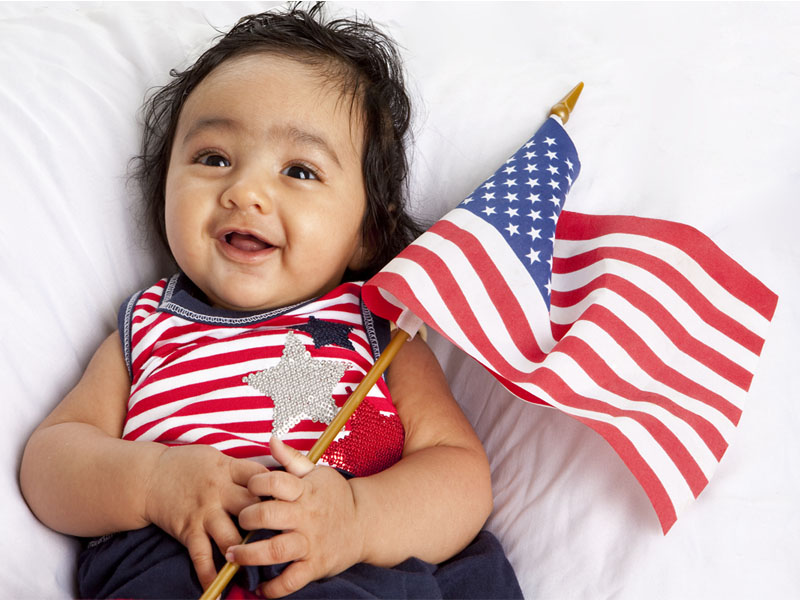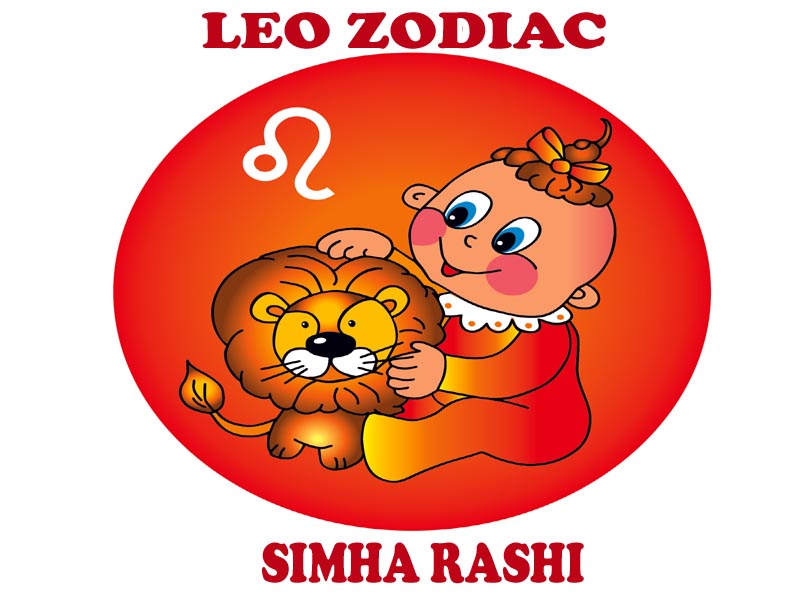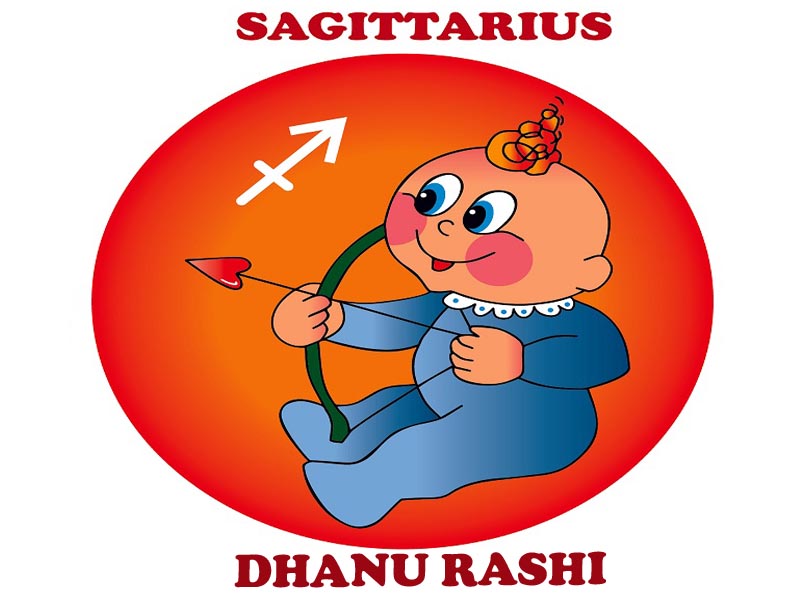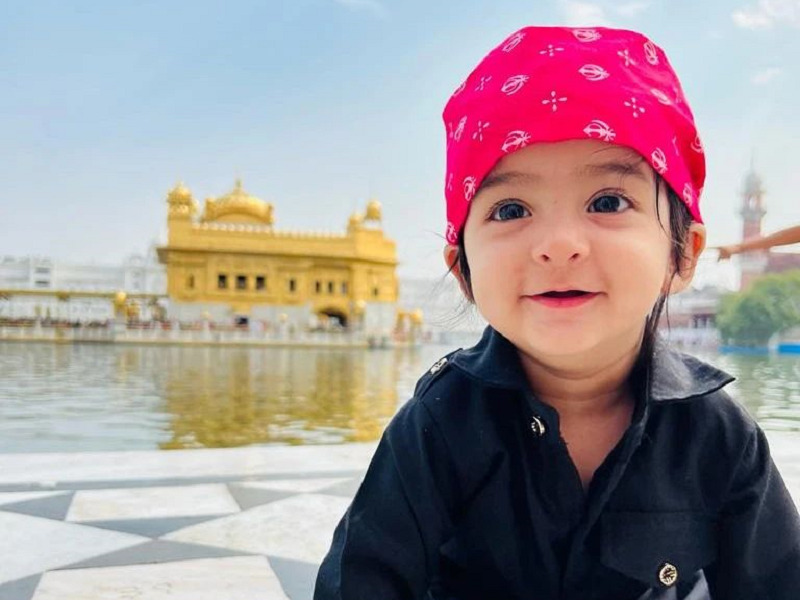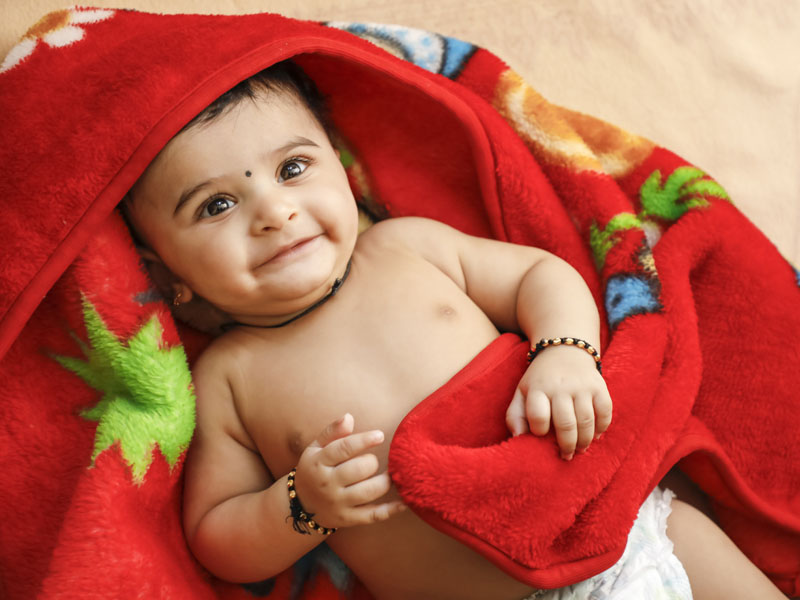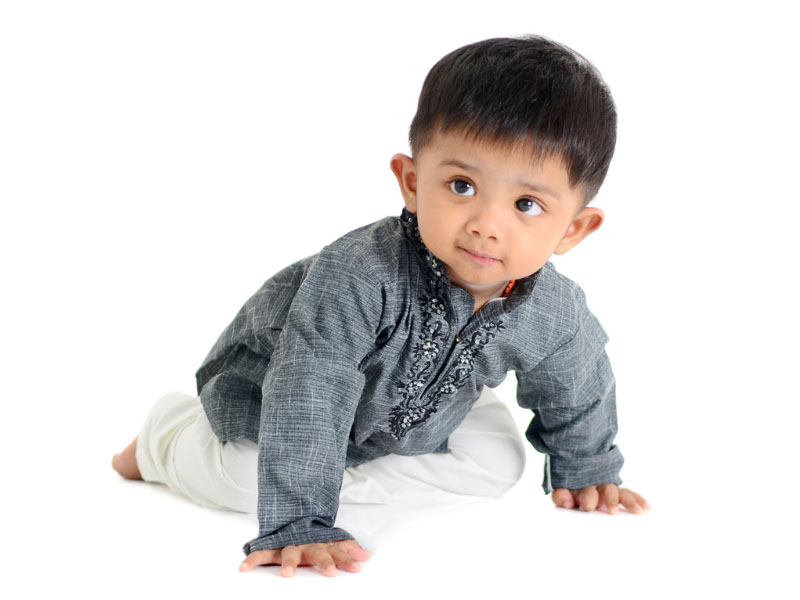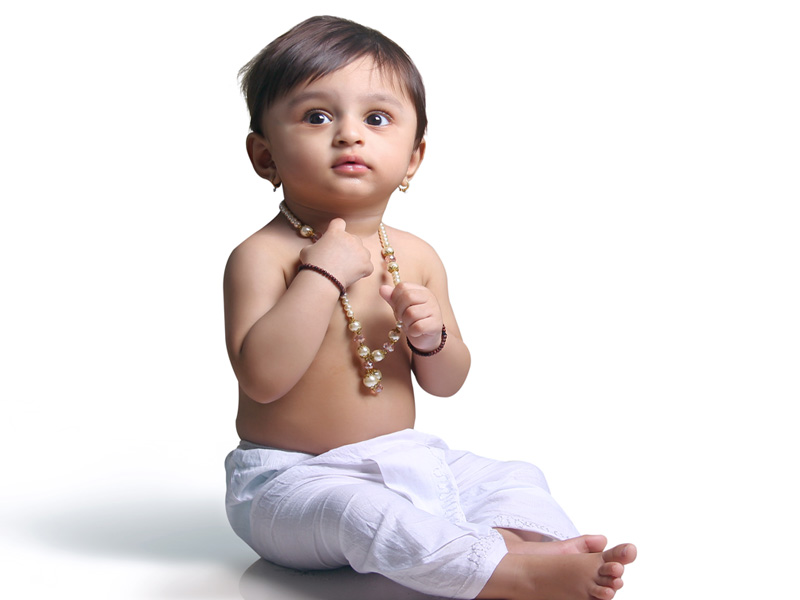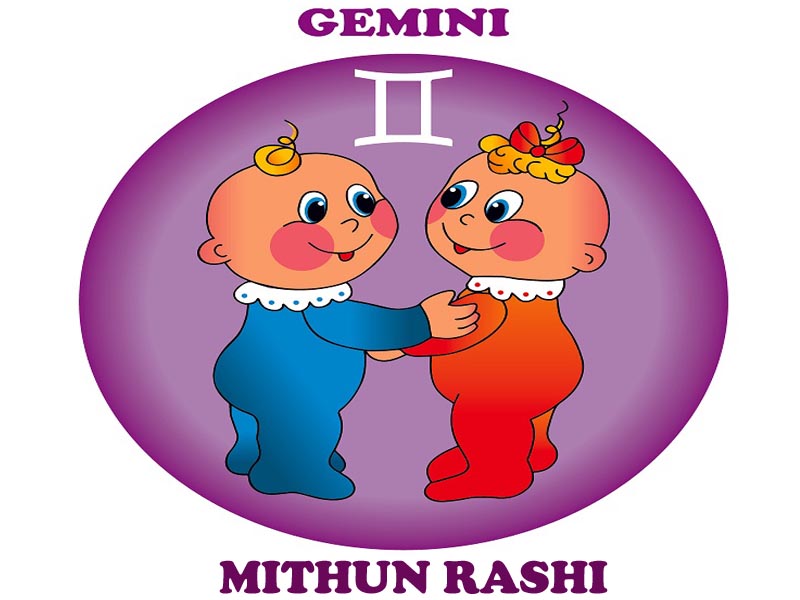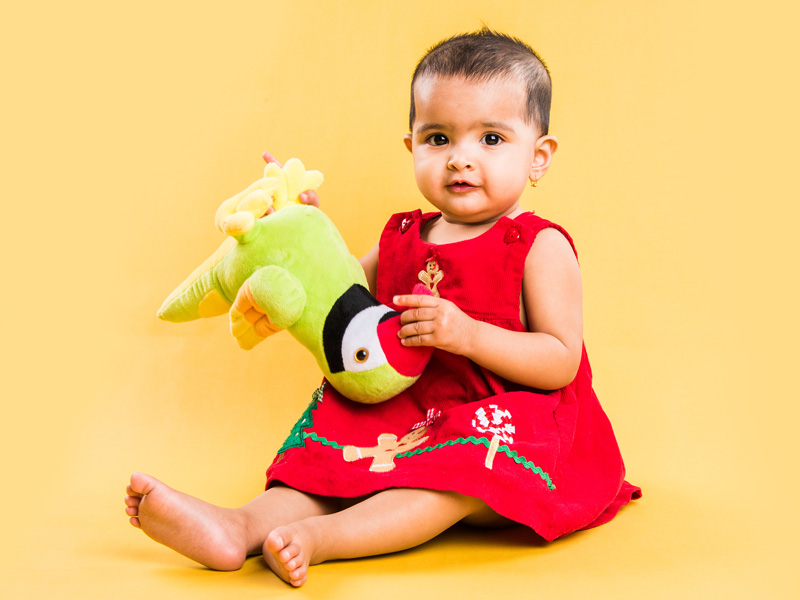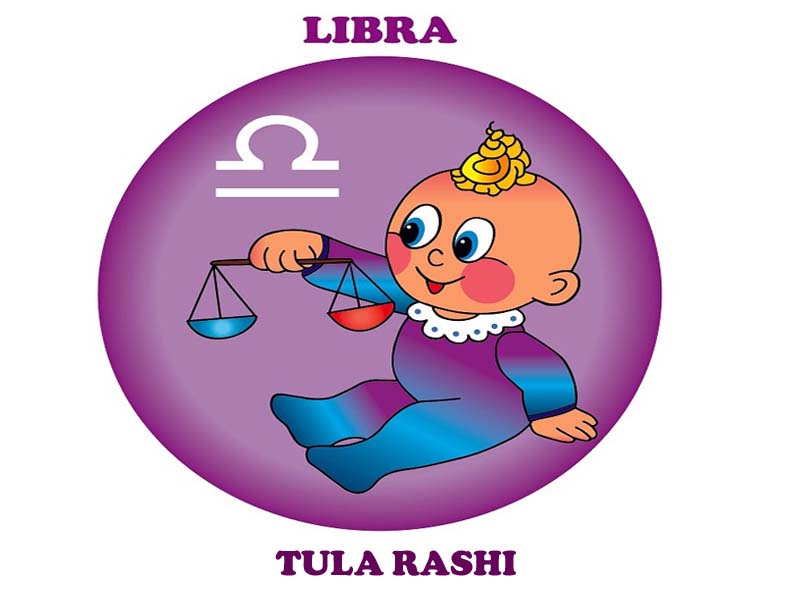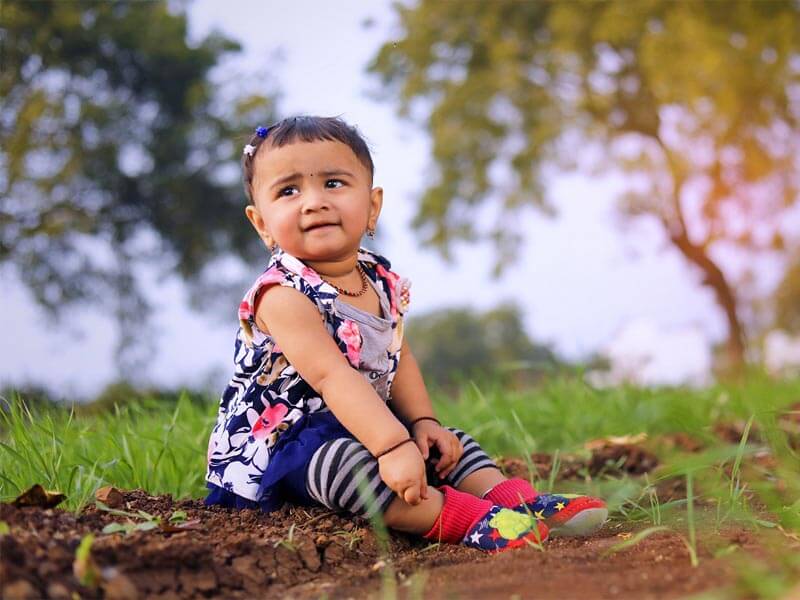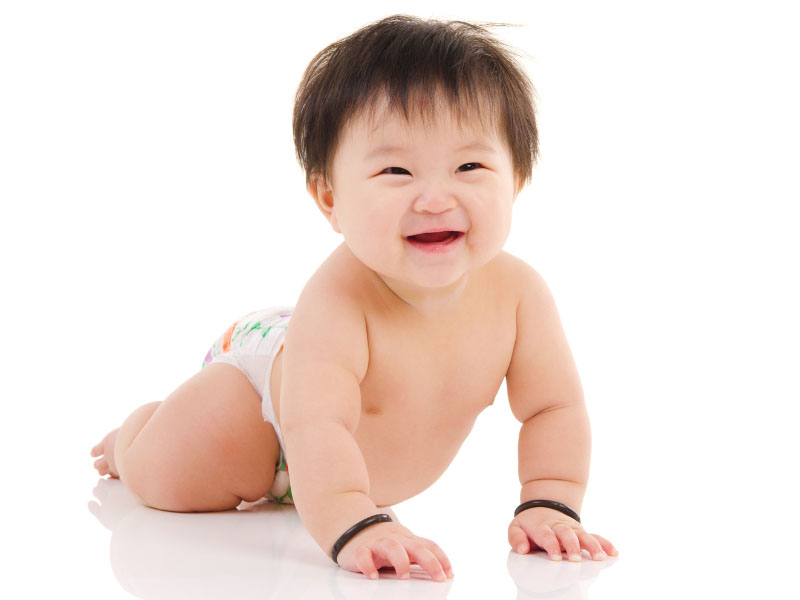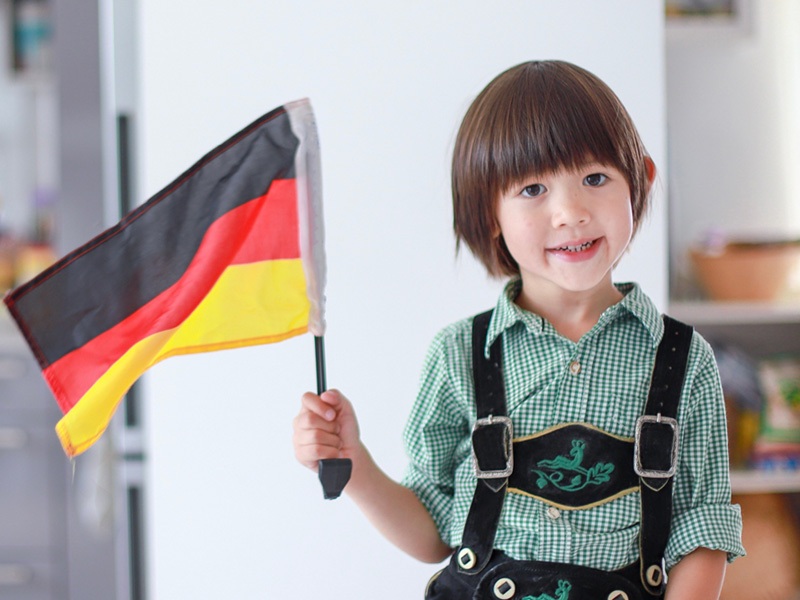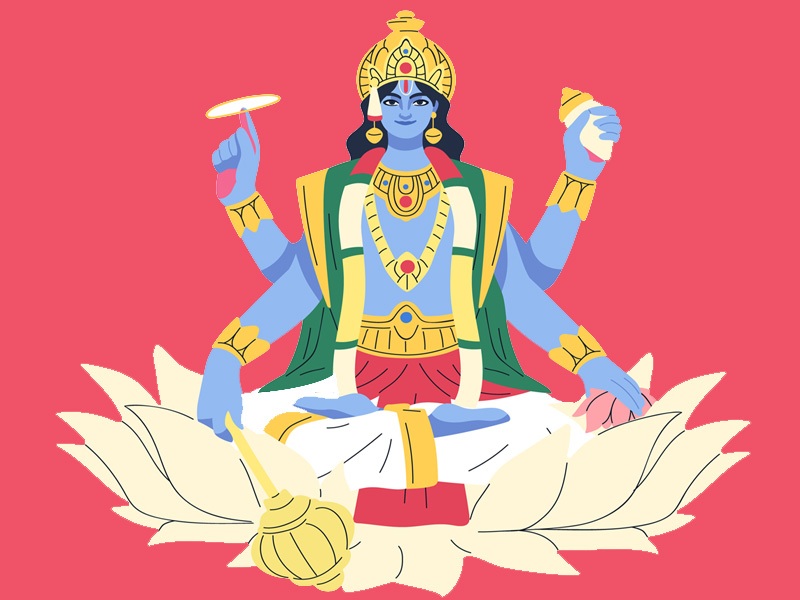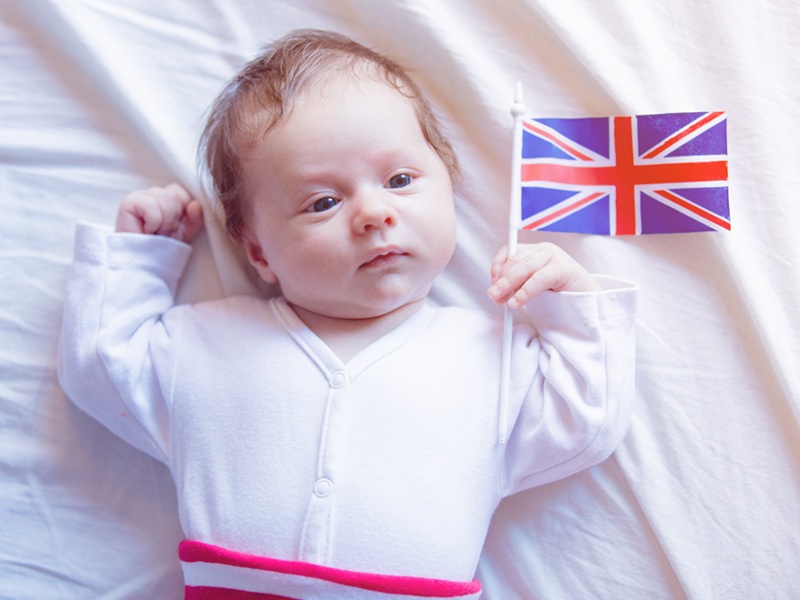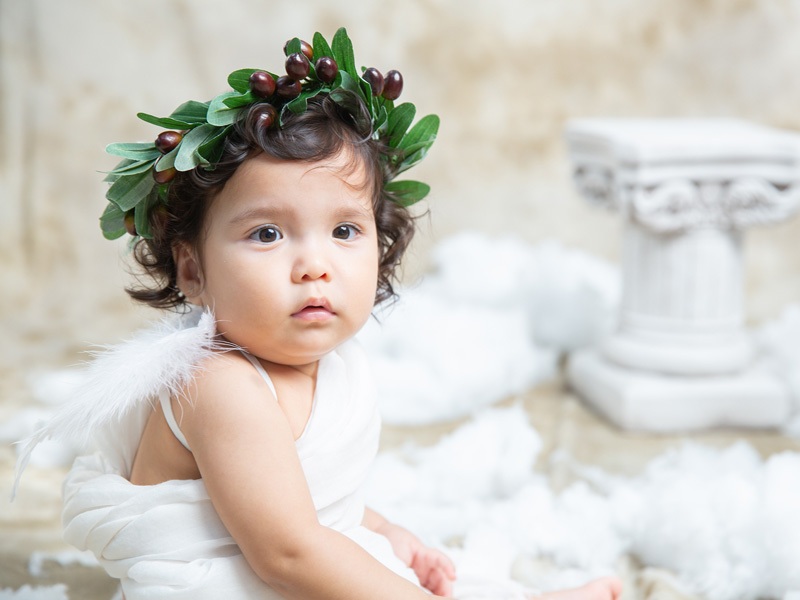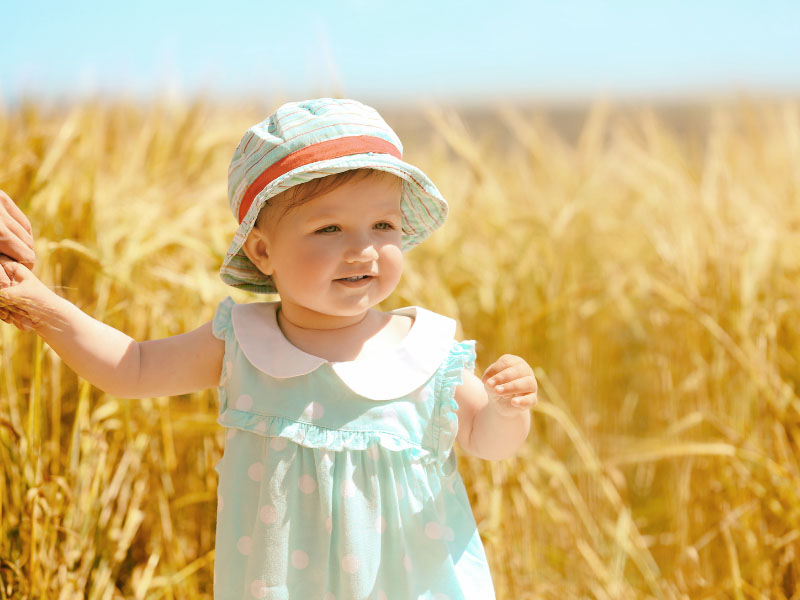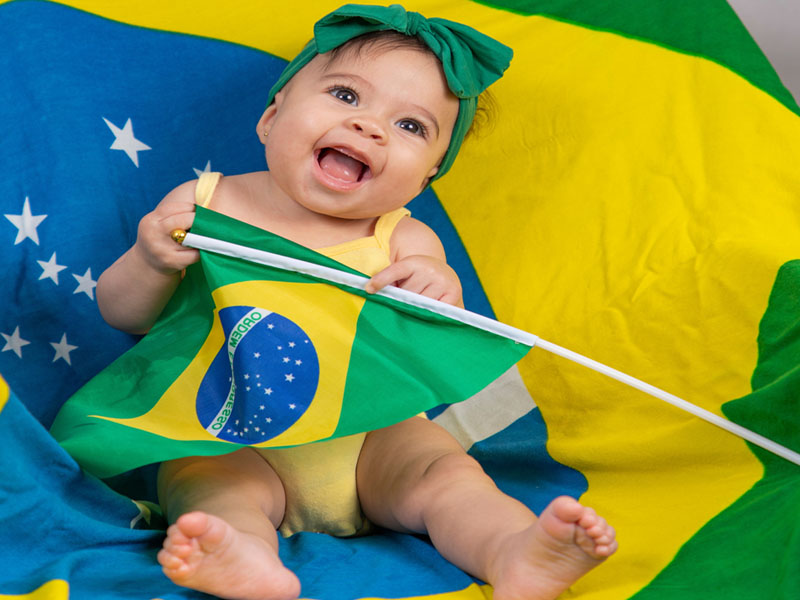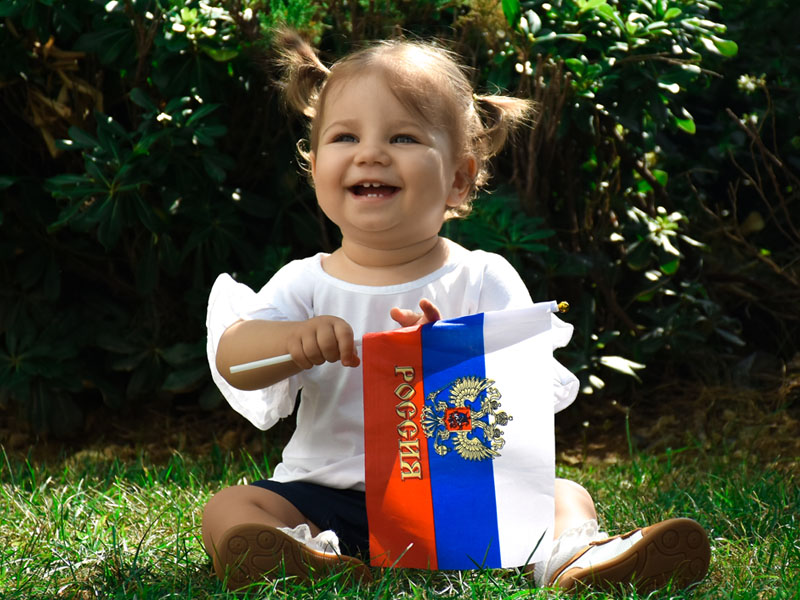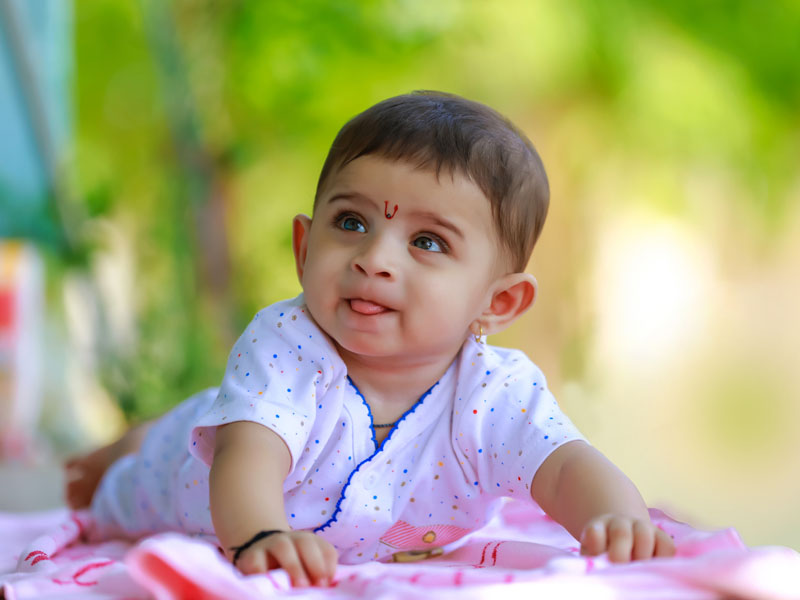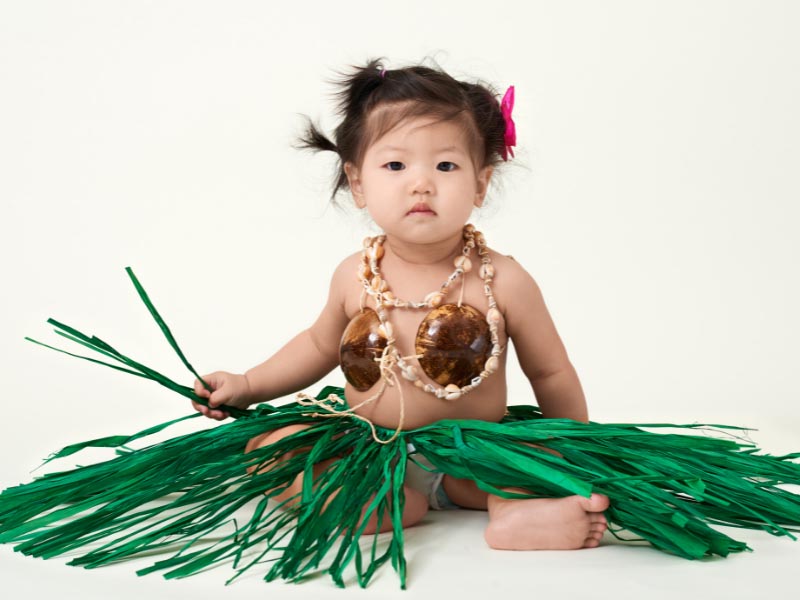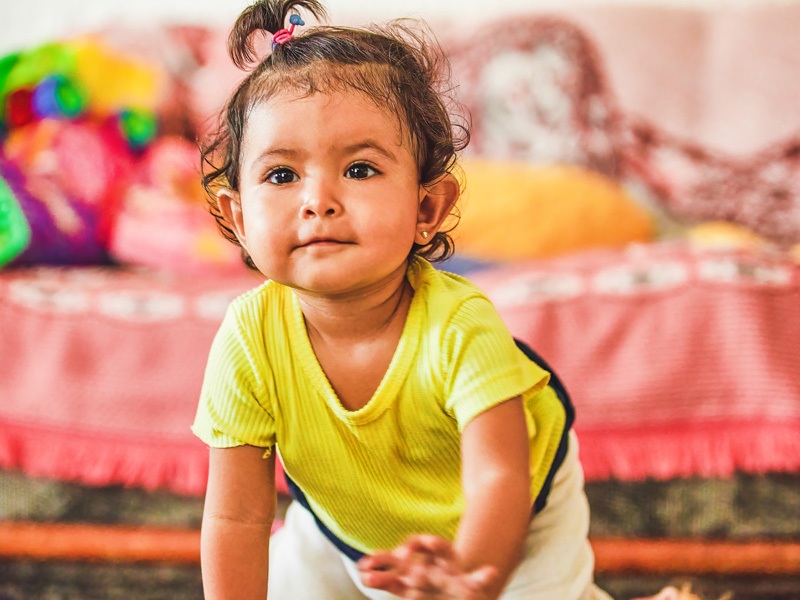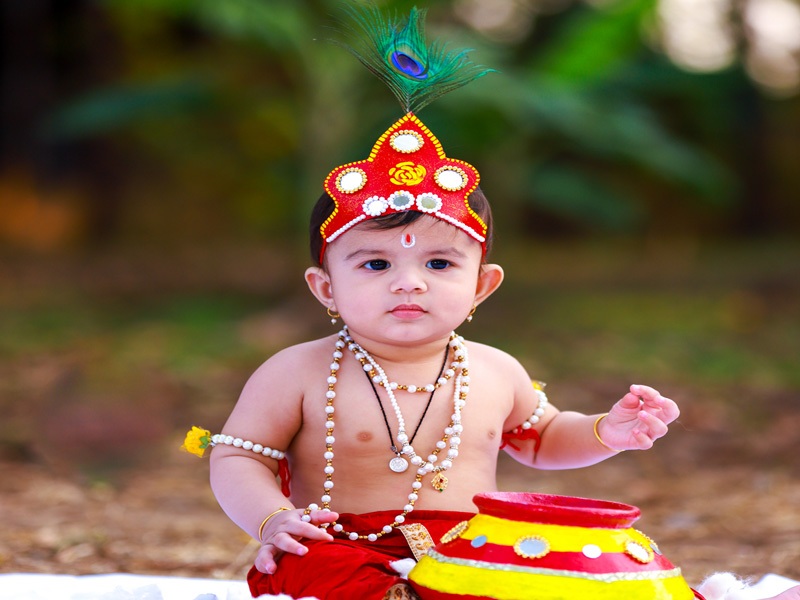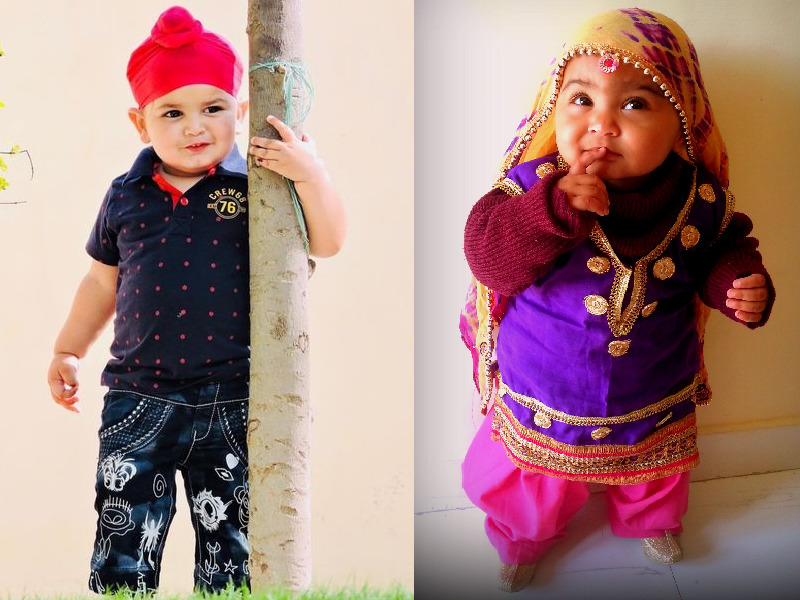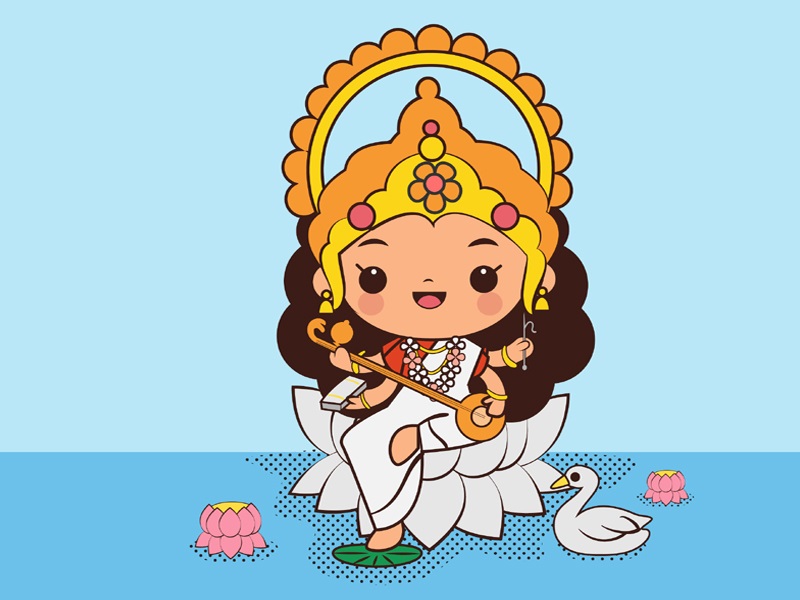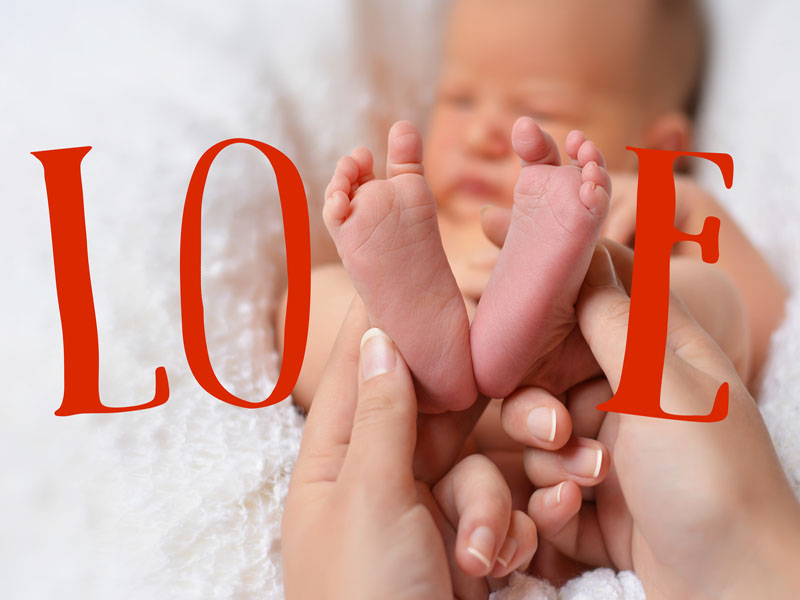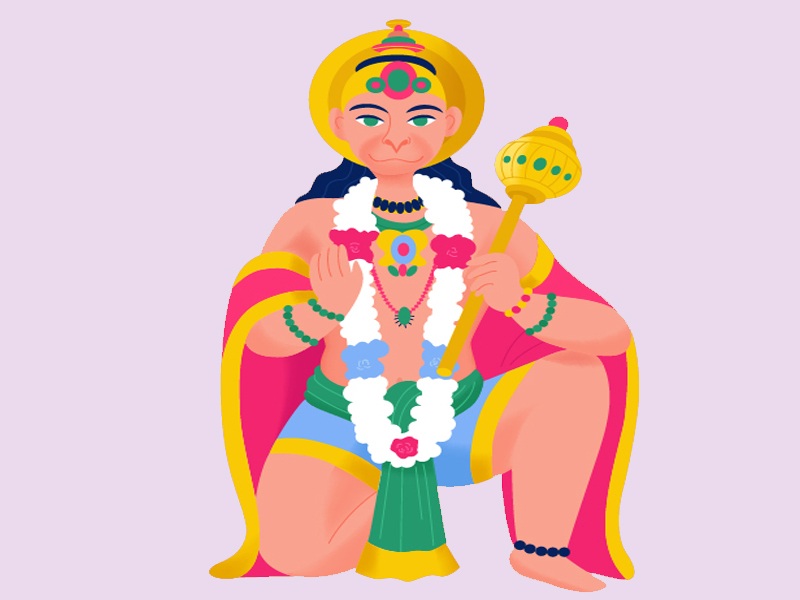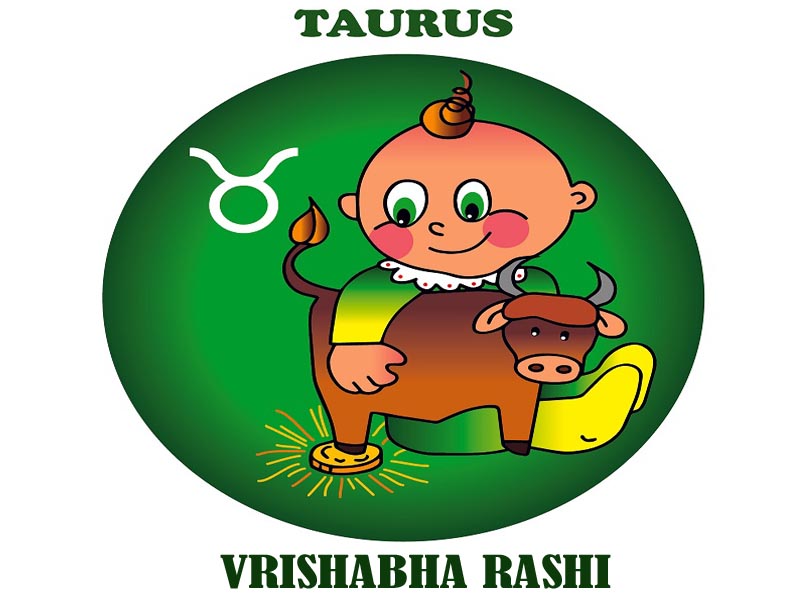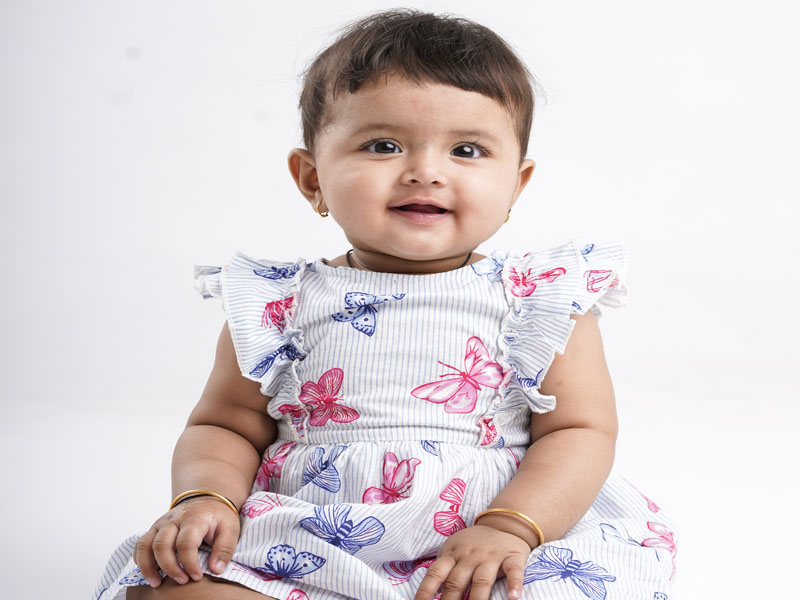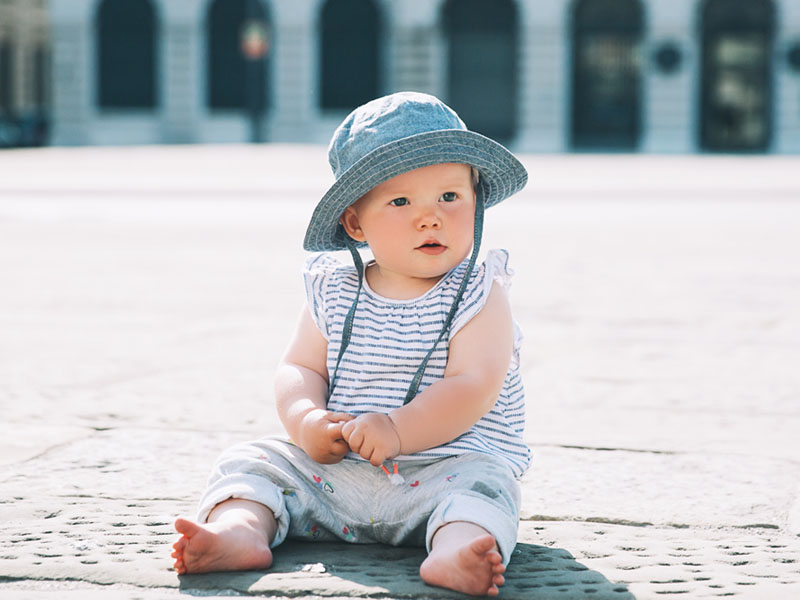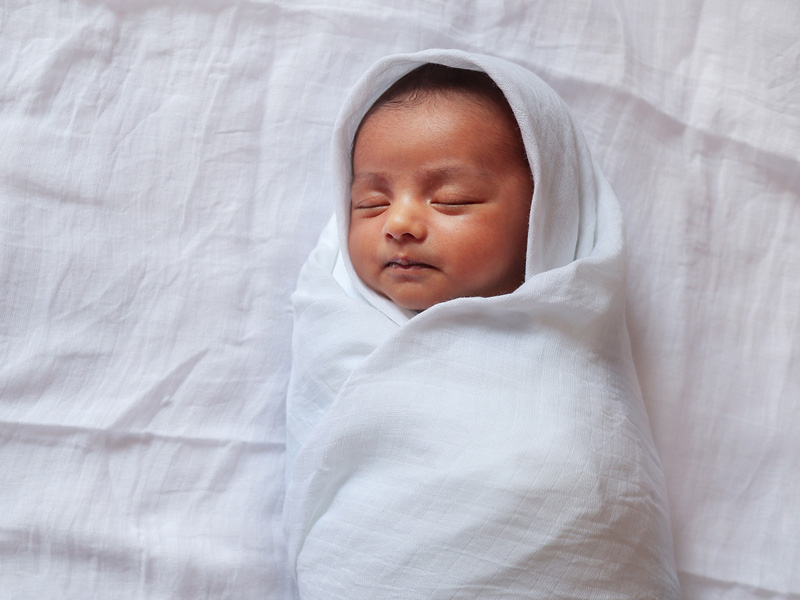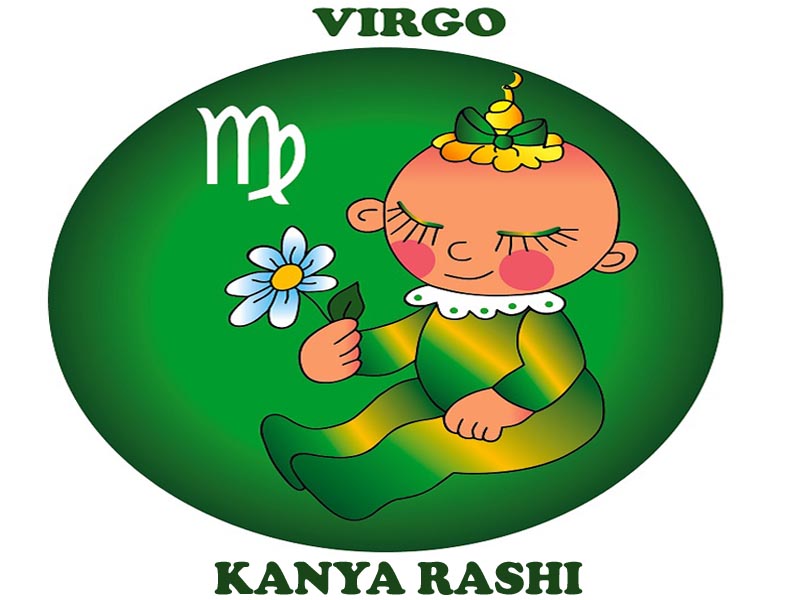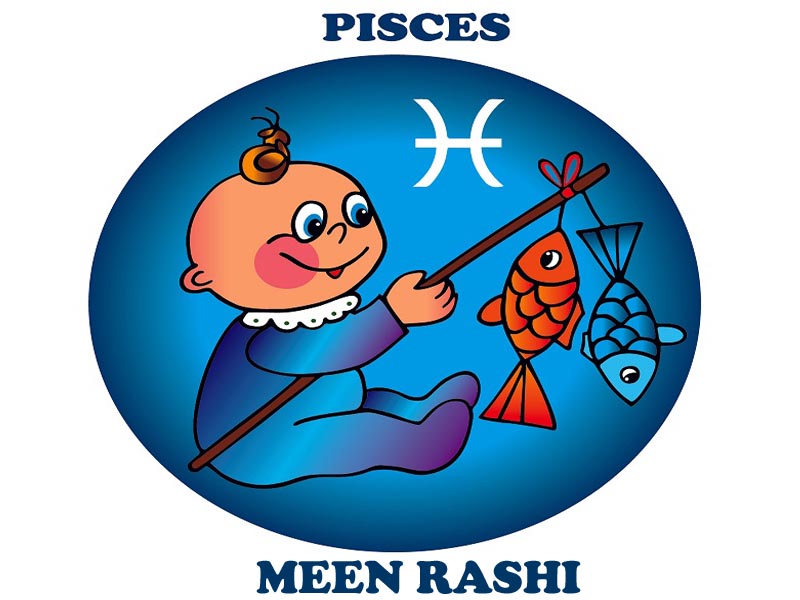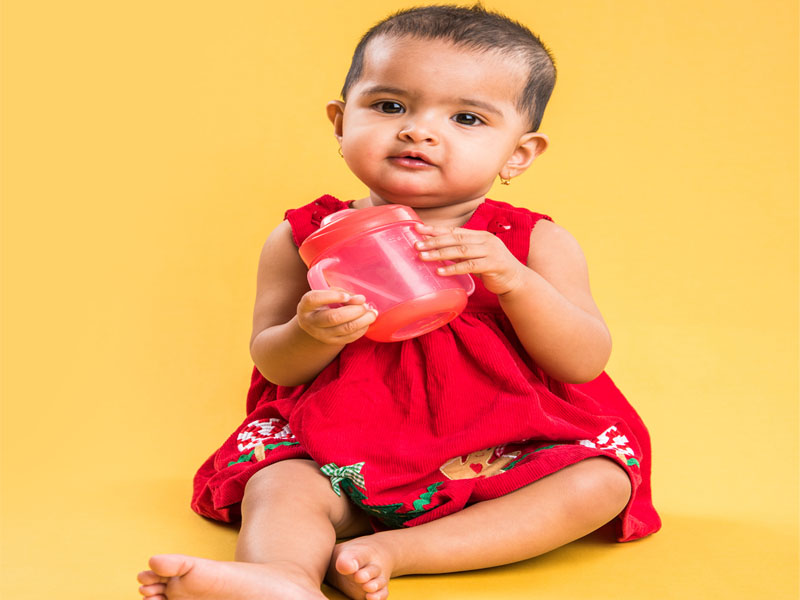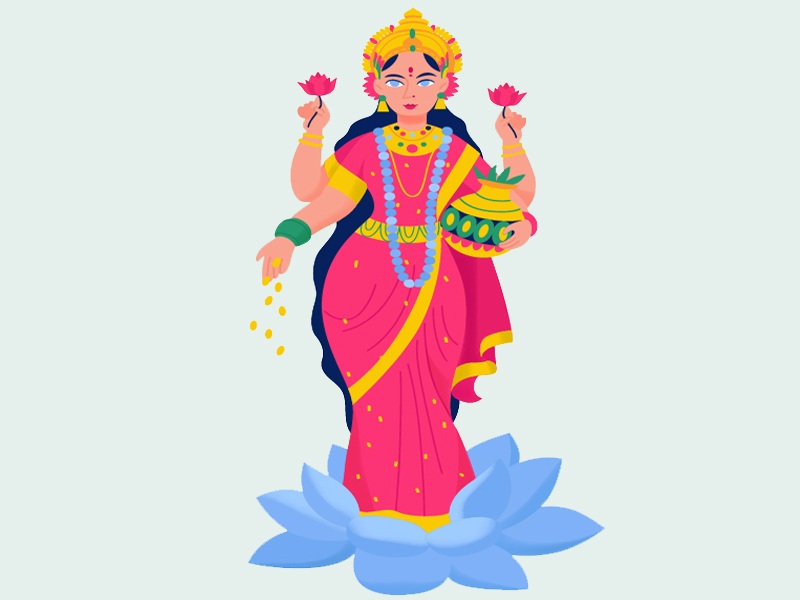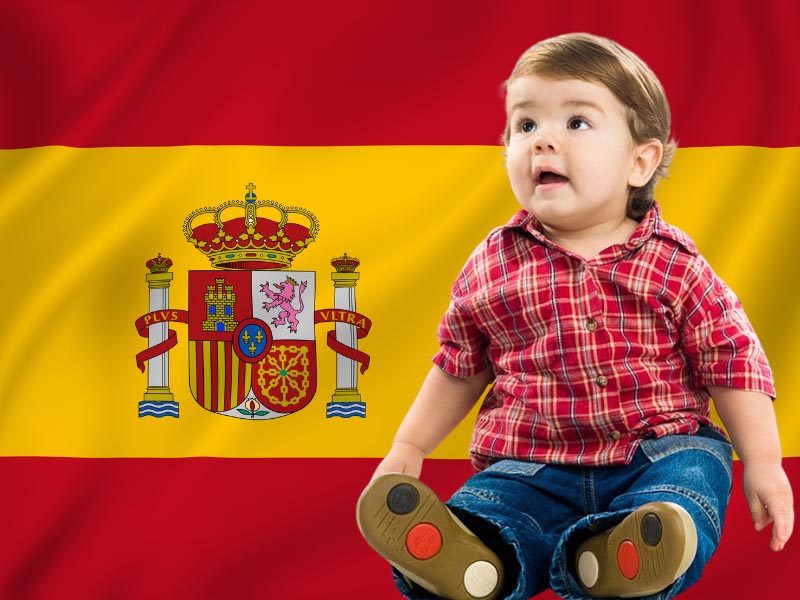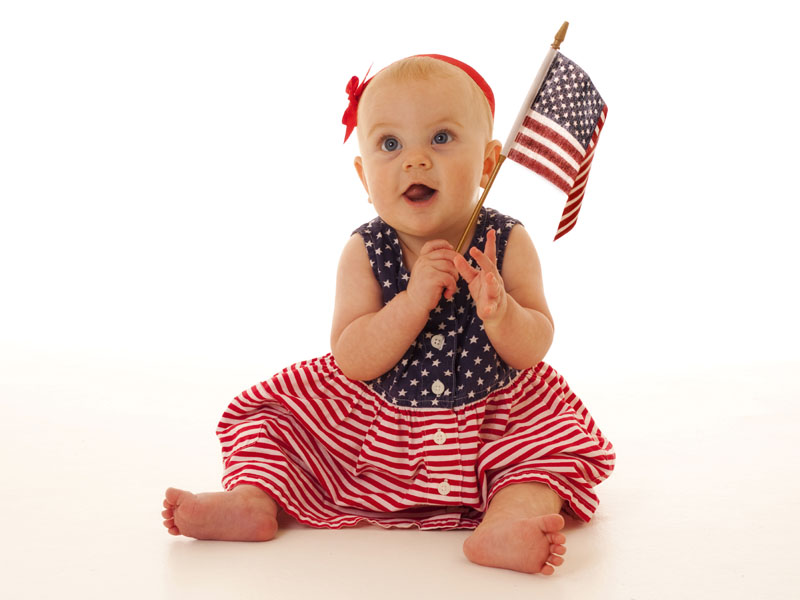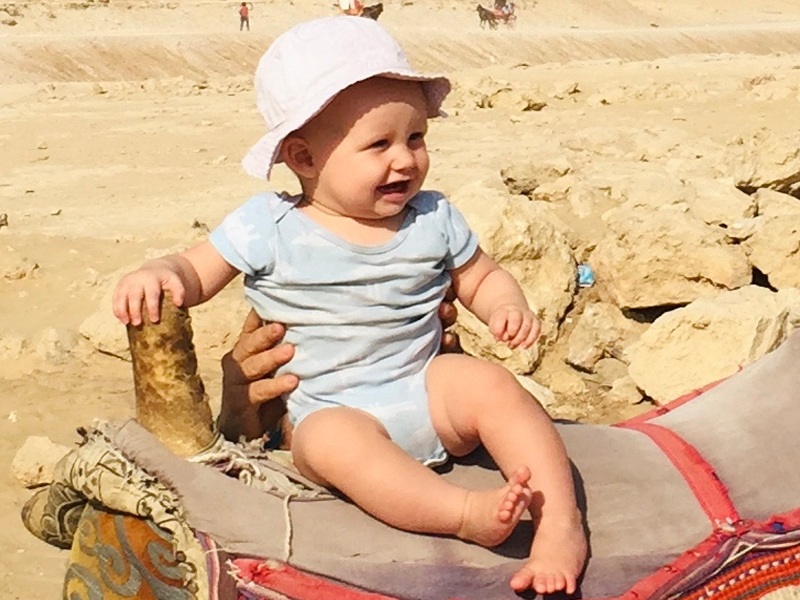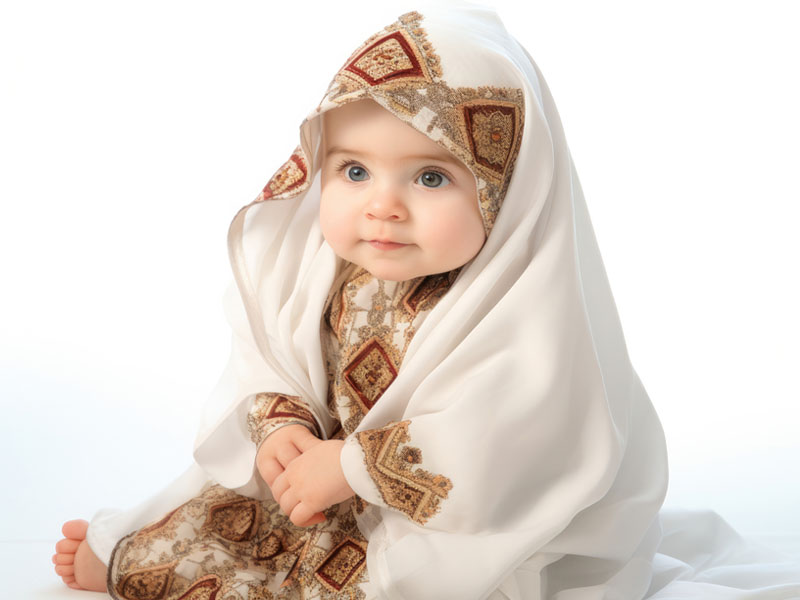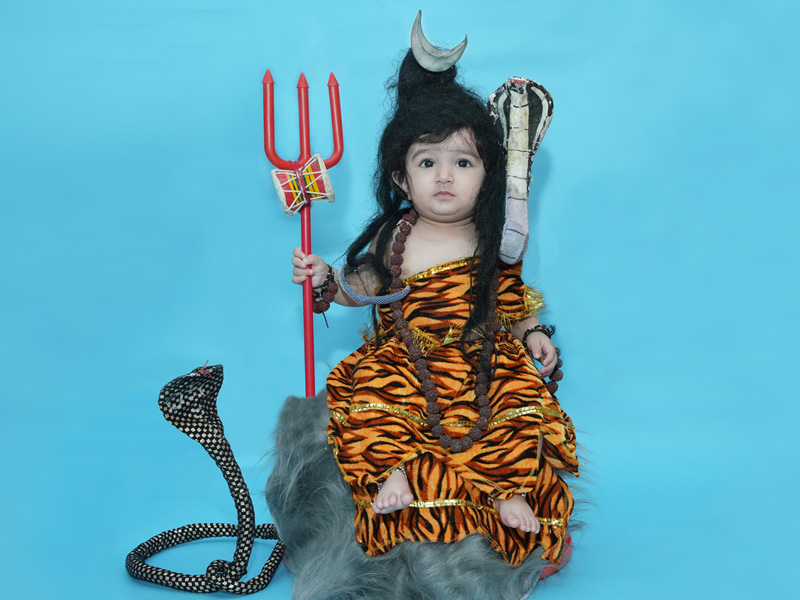Did you know Japan is one of the most urbanized and densely populated countries? Yes! In addition to having sophisticated technology and being rich in culture, this mountainous country’s citizens share a close bond with their ancestors and the nature around them. This article gives you a glimpse into popular Japanese last names and surnames with meanings and origins. Most previous names and surnames of Japanese names derive from nature because of their bond with nature.
Furthermore, you can also observe past occupations, characteristics and qualities, nature, personal traits, and family ancestry in most Japanese last names. So, go through the article without further ado and learn more about the names. Read on!
100 Best Alphabetical List of Japanese Surnames and Family Names:
1. Abe:
The letter ‘A’ means peace, and ‘be ‘ means multiple times in Japanese. Therefore, Abe is one of the oldest japanese surnames, and this name belongs to one of the oldest Japanese clans. Shinzō Abe, the Prime minister of Japan, bears this surname.
2. Abiko:
In the name Abiko, A means peaceful, Bi means grandchild, and Ko means child. Some famous people who bear this name include Mitsuhiro Abiko, a Japanese sprinter and Tomomi Abiko, a pole vaulter.
3. Adachi:
Though the name Adachi is written in several ways, it means ‘foot’ or ‘stand’ when written in kanji characters. The clan of Adachi is a Samurai family, and Yumi Adachi and Osamu Adachi are some famous bearers of this name.
4. Adachihara:
Ah, means ‘leg’, ‘limp’, ‘step’, Dachi ‘, stand’, and Hara ‘, plain’ in Adachihara. The famous football player who bears this name is Kenji Adachihara.
5. Agawa:
The name Agawa, ‘A’ means ‘nook’, ‘corner’, and ‘flatter’; Kawa means ‘river’, ‘stream’ in Japanese. Hiroyuki Agawa (Japanese writer) and Sawako Agawa (Japanese writer and television personality) are some of the notable people who bear this name.
6. Ahane:
Ah, means ‘second’, ‘Asia’, Ha means ‘wave’, and Ne means ‘root’ according to kanji characters. One of the notable people with this surname is singer-songwriter Ayano Ahane.
7. Aikawa:
In Japanese, Ai means ‘sympathize’, and Kawas means ‘river’. Unlike the other names, this is a last or middle name for many people.
8. Aoki:
The surname Aoki is primarily found in the Ryukyu Islands and central Japan, which means ‘green tree’. People with this surname tend to have connections with the Fujiwara and Minamota clan’s Takeda branch.
9. Amamiya:
Ama means ‘rain’, and Miya means ‘shrine’ in Japanese. Well-known economist Takeshi Amemiya bears this surname.
10. Baba:
The surname Baba refers to ‘horse-riding track’ and is found in west-central Japan mostly. Kenji Baba (footballer) and Otman Baba (Sufi saint) are famous people who bear this name.
11. Bando:
Bando is a Japanese surname originating in eastern Japan and is popular in the same place. This name refers to Osaka’s eastern provinces meaning ‘East of the slope’.
12. Chiba:
Chiba in Japanese means ‘A thousand leaves’, where Chi means ‘thousand’ and ha means ‘leaf’, also the Japanese prefecture’s name. Akira Chiba (president of The Pokemon Company) is a famous person who bears this name.
13. Daguchi:
Daguchi in Japanese means ‘protrude’ or ‘exit’. Kazuya Deguchi, a Japanese sports wrestler, and TetsujyoDeguchi, a Japanese Zen Buddist, bear this Japanese last name.
14. Date:
This might sound like a funny japanese surname, but this surname means intelligent and is pronounced as Da-Te. Northern Japan in the 16th century was controlled by an ancient Japanese clan with this name in the daimyos’ lineage.
15. Doi:
This is another popular Japanese surname that has different meanings in different places. For example, Doi means ‘earth habitation’ in eastern Japan. On the other hand, it is known as ‘earth well’ in Shikoku and western Japan.
16. Eguchi:
This Japanese surname is prominent in Kyushu island, and it means ‘mouth of the river’. FujieEguchi (table tennis player) is famous and bears this surname.
17. Ejiri:
The character E means ‘inlet’ or ‘river’, and jiri means ‘rear’ or ‘behind’ in Japanese characters. AtsuhikoEjiri (football player) is a notable personality with this surname.
18. Endomoto:
The word eno means ‘hackberry’, and moto means ‘base’ in this Japanese surname.
19. Fujihara:
Fujihara is a Japanese surname behind the name, a variation of Fujiwara. This name means ‘wisteria plain’, one of classical Japan’s greatest noble clans.
20. Fujiki:
Fujuki is a popular surname in Japan, referring to the Japanese wisteria tree. NaohitoFujiki, an actor and singer and Saburo Fujiki, a golfer, are some of the notable people with this surname.
21. Fujioka:
Fujioka means ‘wisteria hill’in Japanese and is a common name found mainly in the Ryukyu Islands, western Japan, and the village of Shinano. Chihiro Fujioka, a Japanese video game designer and composer, is the famous person who bears this name.
22. Fujiwara:
As mentioned previously, Fujiwara means ‘wisteria field’ in Japanese. The descendants of statesman Nakatomi, no Kamatari’s clan, hold this surname. This surname is listed in the Japanese genealogical record as the Nakatomi, an ancestral name. The famous bearer of this name is Tatsuya Fyjiwara.
23. Fukushima:
Fukushima is a Japanese surname commonly heard in the Ryukyu Islands and throughout Japan, which means ‘fortune island’.
24. Furukawa:
Furukawa is an old Japanese surname, ‘ old river,’ descended from the northern Fujiwara, Nitta and Minamoto families.
25. Genji:
This beautiful Japanese surname means ‘source’ or ‘two beginnings’. Formerly known as Minamota, this is one of Japanese history’s three prominent clans.
26. Goto:
Also known by Gotou and Goton, this Japanese surname Goto has two meanings: ‘ five islands’ and ‘behind wisteria’. The prominent role in the development of Japanese culture is attributed to the aristocratic Goto family. This surname is commonly found in the Ryukyu islands and the southeastern seaboard of Japan, referring to the Fujiwara clan’s descendants.
27. Gushiken:
Gushiken is a Japanese surname that originated in Okonawan, which means ‘strong willed’. This surname is one of the many Okinawan bureaucrat-class family names. One notable person bearing this name is Luiz Gushiken (Brazilian politician).
28. Hachisuka:
It is a Japanese surname derived from Emperor Seiwa’s descendants, in addition to being a branch of the Shiba and Ashikaga clans. Hachisuka is a place’s name near the Kiso River at the Owari and Mno province borders and doesn’t have a special meaning.
29. Hagihara:
Hagihara is a traditional Japanese surname which means ‘Japanese clover field. This name is typically found on the island of Okinawa and the Tokyo area and is also known as Hagiwara.
30. Hamada:
Suppose you are looking for a famous Japanese surname and a surname. In that case, Hamada is the prominent one found popularly in the Ryukyu islands and the island of Shikoku. The meaning of this word is ‘seashore paddy field’ in Japanese.
31. Hamaguchi:
Hamaguchi in Japanese means’ seashore entrance’, and the famous bearer of this surname is the 27th prime minister of Japan, Hamaguchi Osachi.
32. Hamasaki:
Hamasaki is a famous Japanese surname in the Ryukyu islands and western Japan, meaning a ‘seashore peninsula’.
33. Hanabusa:
In Japanese, the Hana in this surname means ‘flower’ and busa means ‘room’, and Hanabusa Masayuki (Japanese samurai) is a notable personality with this surname.
34. Hara:
The name Hara is a one-syllable Japanese surname found popularly in the Ryukyu Islands and Musashi, which means ‘plain’ or ‘field’ and is listed in the ShinsenShojiroku. Hara Takashi, Japan’s 19th Prime minister, is the bearer of this name.
35. Hashimoto:
Hashimoto is one of the common Japanese last names, which means ‘one who lives near the bridge’. One famous person bearing this name is Ai Hashimoto (model and actress).
36. Hiraoka:
Hiraoka is a Japanese surname native to the Ryukyu Islands and western Japan which means ‘peaceful hill’ in Japanese.
37. Honda:
Honda is one of the famous Japanese last names, typical in the Ryukyu Islands and throughout Japan, which means ‘original rice field’. Soichiro Honda, the founder of Honda Motor Company, is the person because of whom this surname is famous.
38. Ichihara:
The combination of two words Ichi meaning ‘one’ or ‘town’, and Hara, meaning ‘field’ or ‘meadow’ in this Japanese surname. Etsuko Ichihara (actress), Hayato Ichihara (actor), and Hiroshi Ichihara (footballer) are some of the notable people bearing this surname.
39. Ichikawa:
Ichikawa is a common surname all over Japan, meaning a ‘city river’.Daisuke Ichikawa, a football midfielder and Haruyo Ichikawa, a film actress, are some notable people bearing this name.
40. Igarashi:
Igarashi is a surname originating from the Ikarashi river flowing in the Niigata prefecture’s central area, and it means ‘fifty storms’. Ikarashi and Isoarashi are some of the variations of this name.
41. Iida:
Iida is a Japanese surname which originally meant ‘good rice paddy’; however, it also means ‘paddy of cooked rice’.Akira Iida, a racing driver and Kodailida, a footballer, are some noteworthy people with this surname.
42. Ikeda:
This is another Japanese surname for men and women which means ‘rice paddy near the lake’ and is popularly found in the Ryukyu Islands and throughout Japan. Shintaro Ikeda, a badminton player And Yukiko Ikeda, an actress, are a few noteworthy people with this surname.
43. Iwata:
Iwata in Japanese means ‘Stony paddy field’. Satoru Iwata, the former president and CEO of Nintendo and Anest Iwata Corporation, the manufacturer of air compressors, is why this name has gained popularity.
44. Kagawa:
This is one of the famous Japanese family surnames held by families from Kagawa in Aki and Kagawa in Sagami, which means ‘fragrant river’.
45. Kamei:
This name is mainly found in western Japan. The noble family’s surname descended from the Minamoto clan, in which Kamei is a ‘turtle well’.
46. Kamiyama:
If you are looking for a Japanese surname that means ‘upper mountain’ or ‘god’, Kamiyama is perfect. Takashi Kamiyama (golfer) is a noteworthy personality with this surname.
47. Kaneko:
Kaneko is a Japanese name found mainly in Okinawa Island and Tokyo, which means ‘golden child’. This meaning might refer to the iron ore or gold dust in the sandbanks and streams.
48. Kasai:
Kasai means ‘bamboo hat’ and ‘well’ in the Ryukyu Islands and Tokyo. However, it is the name of a village meaning’ west of the river in western Japan. Akira Kasai, a politician; Noriaki Kasai, a ski jumper; and Kenta Kasai, a football player, are noteworthy people bearing this name.
49. Kase:
The surname Kase means ‘add’ and ‘straight’ per their respective Japanese characters, which is popularly found in the areas of Tokyo. JidoKase, a Japanese judokaand Ryo Kase, a Japanese actor, are some of the noteworthy people with this surname.
50. Kataoka:
Kataoka is a Japanese surname listed in the ShinsenShojiroku which means ‘hill on the side’. Actor Shinwa Kataoka and anime producer Yoshiro Kataoka are famous people bearing this surname.
51. Katayama:
Katayama is a Japanese surname popular throughout the Ryukyu Islands and Japan, which means ‘mountain on the side’. Japanese film actress Katayama and the 46th prime minister of Japan, Tetsu Katayama, are famous people with this surname.
52. Kato:
Kato is one of the most common Japanese surnames you can find, which is also known as Katoh or Katou. The Ryukyu Islands and the southeastern seaboard are where you can see this surname which means ‘increase wisteria’. Ayuko Kato (politician) is a noteworthy person with this surname.
53. Kawabata:
Kawabata is a Japanese surname which means ‘side or band of the river’. Makoto Kawabata (musician), Yasunari Kawabata (writer) and Hikaru Kawabata (wrestler) are the famous name bearers.
54. Kawasaki:
One of the popular surnames in the Ryukyu Islands and most of eastern Japan is Kawasaki which means ‘river cape’. One of the most famous bearers of this name is the founder of Kawasaki Heavy Industries, Kawasaki Shozo.
55. Kido:
Kido is a surname which means ‘castle door’ or ‘wooden door’. Akiyuki Kido (ice dancer) and Takayoshi (politician) are some of the famous people with this surname.
56. Kita:
Often found in Okinawa Island and western Japan, Kita is a Japanese surname which means ‘many happiness’ and ‘north field of trees. Sumire Kita (gymnast) and Kazuma Kita (football goalkeeper) are famous personalities with this name.
57. Kikuchi:
Kikuchi is a surname in the Kyushu Islands and western Japan, meaning a ‘chrysanthemum pond’. This surname has connections with the powerful Liluchi clan of Higo province.
58. Kobayashi:
Kobayashi means ‘small forest’ and is a typical Japanese surname. This name is found chiefly in the Ryukyu Islands and Central Japan, with Haru Kobayashi (musician) being a famous person bearing this name.
59. Kubo:
Kubo means ‘sunken ground’, though this surname jas various meanings. Tatsuhiko Kubo (soccer player) and Ryogo Kubo (mathematical physicist) are some of the noteworthy people with this surname.
60. Kurosawa:
Kurosawa means ‘black swamp’ in Japanese. Akira Kurosawa (acclaimed filmmaker), Toshiaki Kurosawa (swimmer), and Kiyoshi Kurosawa (film director) are a few famous people with this name.
61. Makino:
Makino means ‘shepherd field’ or ‘pasture field’ and is another popular Japanese surname. Maria Makino (singer) and Hiroshi Makino (golfer) are a few notable people with this surname.
62. Masaki:
Masaki is a Japanese surname which means ‘tree’ and ‘correct’. The family of descendants of the Taira, northern Fujiwara and Minamoto clans have this surname. Goro Masaki (science fiction writer) is a notable person with this name.
63. Masuda:
Masuda is another popular Japanese surname throughout the Ryukyu Islands and Japan, which means ‘increasing rice paddy’. Shigeto Masuda and Kosaku Masuda (football players), and Hiroya Masuda (politician) are famous people with this name.
64. Matsubara:
Primarily found in the Ryukyu Islands and western Japan, Matsubara is a surname which means ‘pine tree plain’. Some families descending from the Fujiwara and Minamoto clans have this surname.
65. Matsumura:
The Matsumura surname means ‘pine tree village’, and the families with this surname are said to have connections with samurai.
66. Matsushita:
Matsushita is a Japanese surname meaning ‘beneath the pine tree’.An archer Sayami Matsushita, champ car racer, chairman of Swift Engineering and Swift Xi, Hiro Matsushita, and Tadahiro Matsushita, a member of the House of Representatives of Japan, are a few noteworthy people with this name.
67. Matsuura:
The Matsuura is a surname taken initially from the ancient Matsura province, Nagasaki prefecture. This name means ‘pine tree bay’, alternatively known as Matsura. Daigo Matsuura (politician) and Max Matsuura (record producer and president of Avex Tax) are the prominent personalities with this surname.
68. Miyake:
Miyake means ‘three horses’, and people who adopted this surname are the descendants of the Yamato region’s royal rice-growing estates (Miyake).
69. Miura:
Miura means ‘three bays’, and the families with this surname are known to be the descendants of the Taira clan. The people of this clan adopted the name of the place where they settled, which, Miura, is in Sagami.
70. Nagasawa:
Nagasawa is a surname mostly found in central Japan, meaning ‘long swamp’. Kazuki Nagasawa (football player), Hiroaki Nagasawa (politician) and Yoshiaki Nagasawa (bicycle builder) are some famous personalities with this name.
71. Nagata:
People with the Nagata surname are said to be descendants of the Minamoto clan’s Sasaki branch, which is the name of the village in Omi. In addition to being listed in ShinsenShojiroku, this surname means ‘long rice paddy’.
72. Nakamura:
Nakamura means ‘village in the middle’, listed in the ShinsenShojiroku and is an ancient and prevalent surname. One of the famous people with this name is a pro-wrestler Shinsuke Nakamura.
73. Nakayama:
Nakayama is popular on the Island of Okinawa and in western Japan, meaning ‘central mountain’—Masa Nakayama (Japan’s first female cabinet minister). And Akinori Nakayama (Olympic gymnast) is a famous person with this name.
74. Nishikawa:
Nishikawa is a Japanese surname which means ‘western river’ and is popular in the Ryukyu Islands and western Japan.
75. Noguchi:
Noguchi is a popular surname in the Ryukyu Islands and the southeastern coast of Japan, which means ‘entrance of the field’. Soichi Noguchi (astronaut), Haruchika Noguchi (the founder of Seitai), and Osamu Noguchi (the founder of Japanese kickboxing) are famous people with this surname.
76. Nomura:
‘Village in the field’, ‘wilderness village’ and ‘field village’ are the meanings associated with the Japanese surname Nomura. This name is popularly found in Okinawa and western Japan.
77. Oba:
Opba and Ohba are variations of the Japanese surname Oba which means ‘large garden’. Japanese footballer Akira Oba and Japanese boxerMasoa Oba are famous people with this surname.
78. Ohara:
Ohara is a Japanese surname found mainly in western and west-central Japan, which means ‘large plain’ and is listed in the ShinsenShojiroku. Reiko Ohara (actress) and Koyu Ohara (film director) are famous people with this name.
79. Okamoto:
The Okamoto is a surname popular in the Ryukyu islands, western and central Japan, which means ‘one who lives at the base of the hill’.
80. Otake:
Though Otake is a famous surname, it has several variations like Ohtake and Ootake, which mean ‘large bamboo’. This surname is popular in the Ryukyu Islands and the Southeastern seaboard.
81. Sato:
Sato is one of Japan’s most common surnames, Saitou, Saitoh, and Saito. The families with this surname indicate connections with the Fujiwara clan because to in sato means Fuji in Japanese characters. Additionally, sa means a bureaucratic title in Japanese.
82. Sakai:
Sake means ‘rice wine’, and I mean ‘well’ as per the Japanese characters. Natsumi Sakai (swimmer), Kiyoshi Sakai (anime producer and director) and Maki Sakai (actress)are the famous bearers of this name.
83. Sakurai:
Sakurai is the most famous Japanese surname in Eastern Japan listed in the ShinsenShojiroku, which means ‘cherry blossom well’.
84. Shibata:
Shibata has two pronunciations in Japanese script. From the Tachinama family, the name means ‘rice paddy’ or ‘turf’; the other is from the island of Kyushu and the southeastern seaboard, which means ‘brushwood’.
85. Shima:
Shima is a Japanese surname which means ‘land that is separated from its village’ or ‘island’. This name is mainly in the Ryukyu Islands and the Kyoto-Osaka area and is listed in ShinsenShojiroku.
86. Sone:
Sone means ‘former’ or ‘ancestor’ or ‘root’, which is popularly found in the Ryukyu Islands and eastern Japan. Koji Sone (judoka) and Mikiko Sone (athlete) are a few noteworthy bearers of this name.
87. Sugimoto:
Many families bearing the surname Sugimoto are found in the Ryukyu Islands and eastern Japan. They are the descendants of the Miura or Ishii family. This name refers to the village’s name near Kamakura, which means ‘one who lives beneath the cedars’.
88. Suzuki:
Suzuki is a name which is also called Susuki, which might have been derived from the pampas grass of Japan, Susuki, which means ‘bell tree’. Japan has 1.9 million registered people with this surname, making it the second most common. The founder of Suzuki Loom Manufacturing Company, Michio Suzuki, is a famous personality with this name.
89. Tabata:
Tabata is a Japanese surname, ‘ edge of the rice paddy, ‘ popularly found in the Ryukyu Islands and eastern Japan. Kenji Tabata (sprinter) and Kazumi Tabata (karate grandmaster) are famous people with this name.
90. Takahashi:
The third most common Japanese surname is Takahashi, where Taka means ‘tall’ and ‘high’ and Hashi means ‘bridge’. This name is frequently used in the Ryukyu Islands and eastern Japan.
91. Takayama:
Takayama means ‘high mountains’, a city in the Hida mountains. Okinawa Islands and western Japan are the places you can find this surname.
92. Tanaka:
Tanaka means ‘dweller in the rice fields’ and is the fourth most common Japanese surname. This name is listed in the ShinsenShojiroku and found on the Ryukyu Islands and around Osaka.
93. Toyoda:
Toyoda is a popular Japanese surname which means ‘fruitful rice paddy’. The famous bearer of this name is Akio Toyoda (president of Toyota Motor Corporation).
94. Tsuchiya:
Tsuchiya is a popular surname in west-central Japan and Tokyo, which means ‘earthen house’. Descendants of the Taira clan are some of the famous bearers of this name.
95. Uchida:
One of the common surnames in the Ryukyu Islands and throughout Japan is Uchida which means ‘inner paddy fields’. People with samurai connections tend to have this surname.
96. Wada:
Wada means ‘harmonious rice paddy’ taken from the Miura Peninsula’s village of wada. Ben Wada (TV producer) is an important name with this surname.
97. Watanabe:
Watanabe is not only Japan’s fifth most common surname but people with this surname tend to have connections to the samurai clan founded by the Watanabe no Tsune. This surname means ‘ferry side’.
98. Yamagata:
Yamagata is a Japanese surname which means ‘mountain district’ or ‘mountain shape’. People with this name are descendants of the Minamoto clan’s Shiba branch from the village in Uzen.
99. Yamaguchi:
Yamaguchi is a unique Japanese surname called ‘mountain entrance’ and is listed in the ShinsenShojiroku. The famous bearer of this name includes Akane Yamaguchi (badminton player).
100. Yamamoto:
Yamamoto is a surname popular in west-central and central Japan, which means ‘base of the mountain’.Fujiko Yamamoto (actress) and Akihiko Yamamoto (politician) are famous people with this name.
Every country has a deep meaning and interests associated with surnames and last names; this holds for Japanese surnames and last names. However, the Japanese associate more with nature, and the same reflects in their names, whether it is their last name or even surnames. Therefore, dive into this article and learn more about the name’s origins and meaning behind it. Don’t forget to let us know if you found the article helpful!
Disclaimer:
This is a complete guide to learning about Japanese names. These given name lists are for informative purposes only. The content provided in this article is purely from research through various sources across the web. The author or the website is responsible for the authenticity and accuracy of the information.


